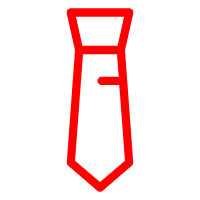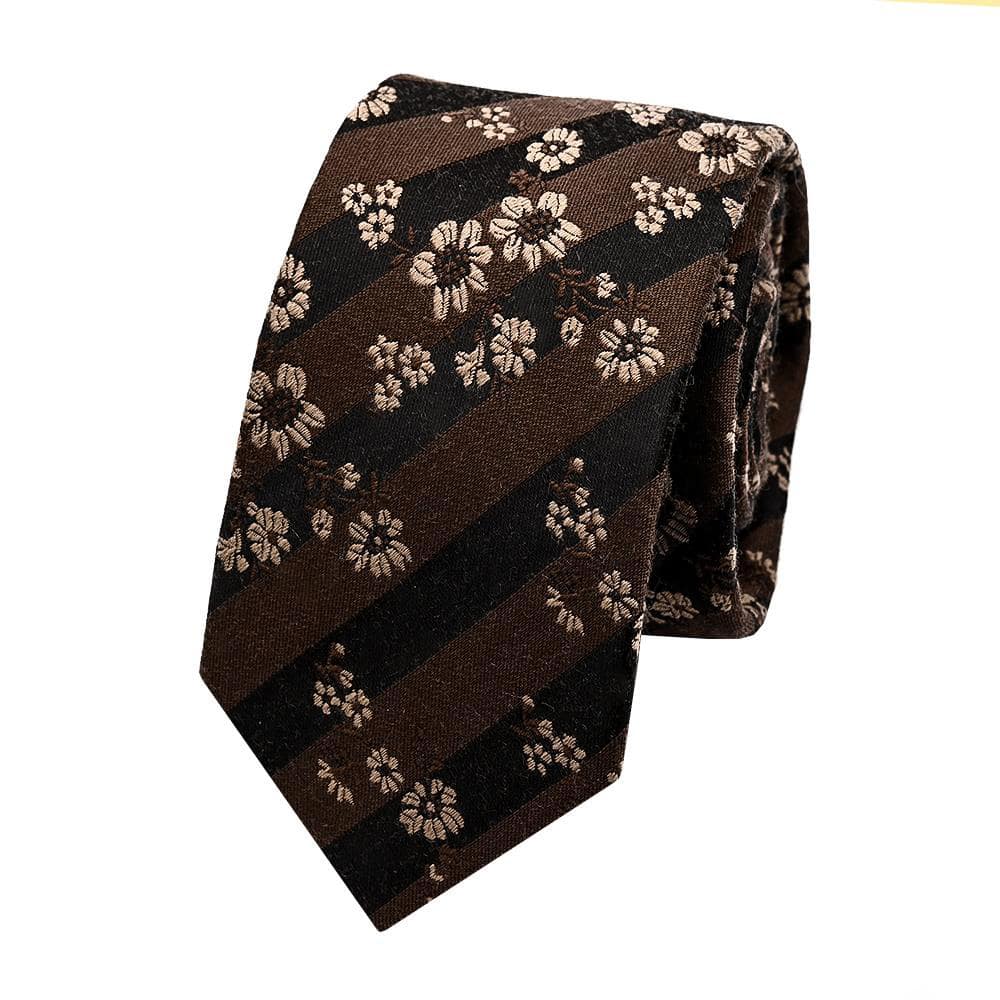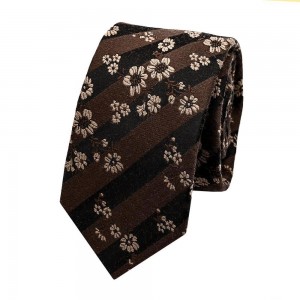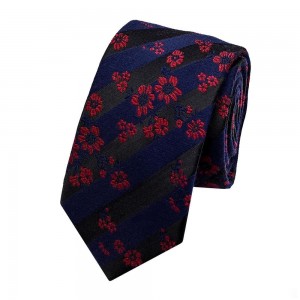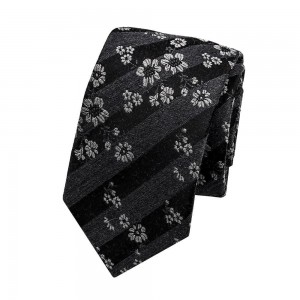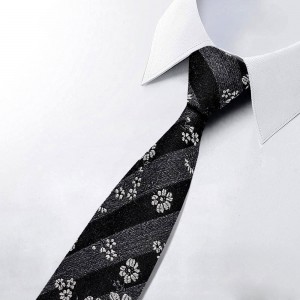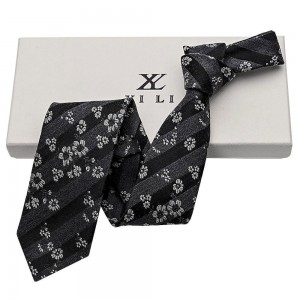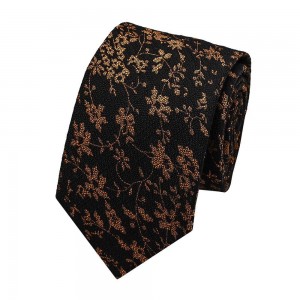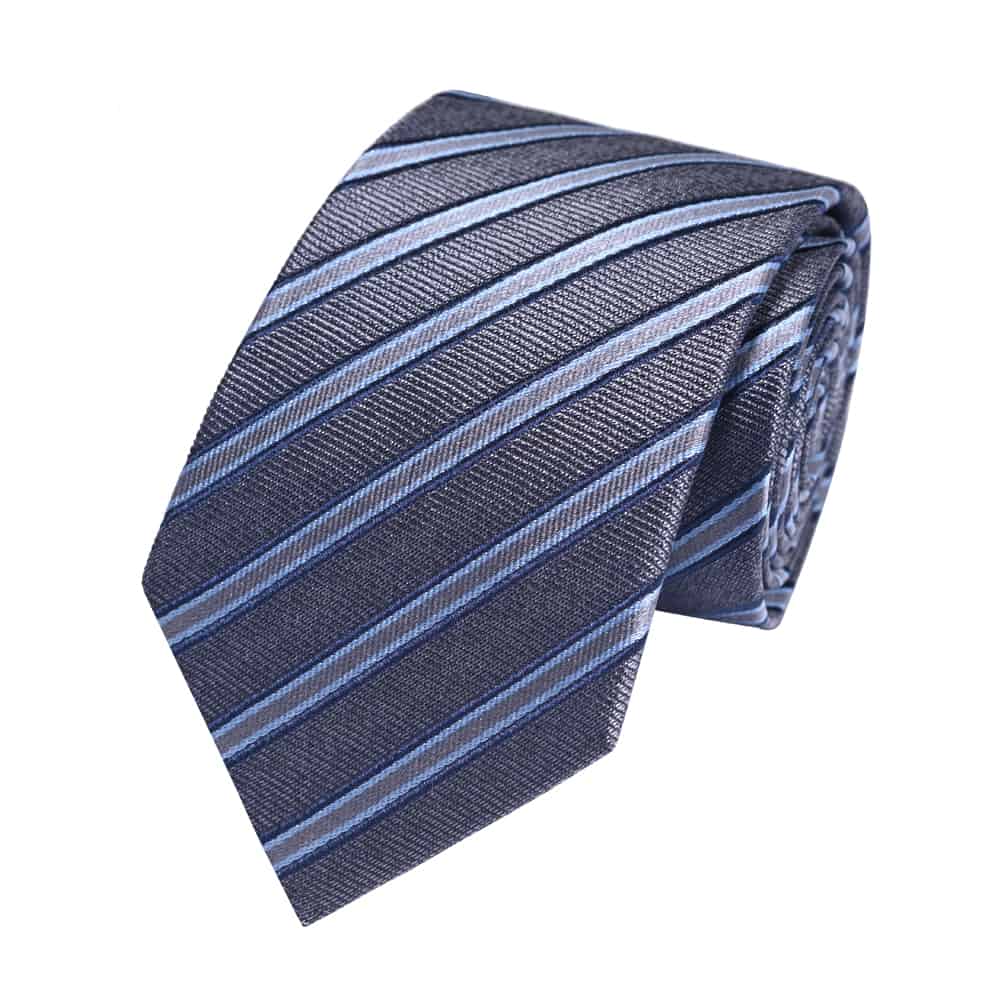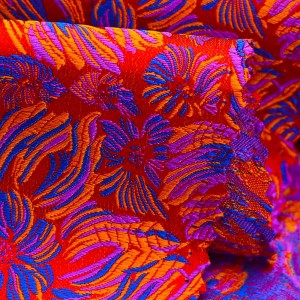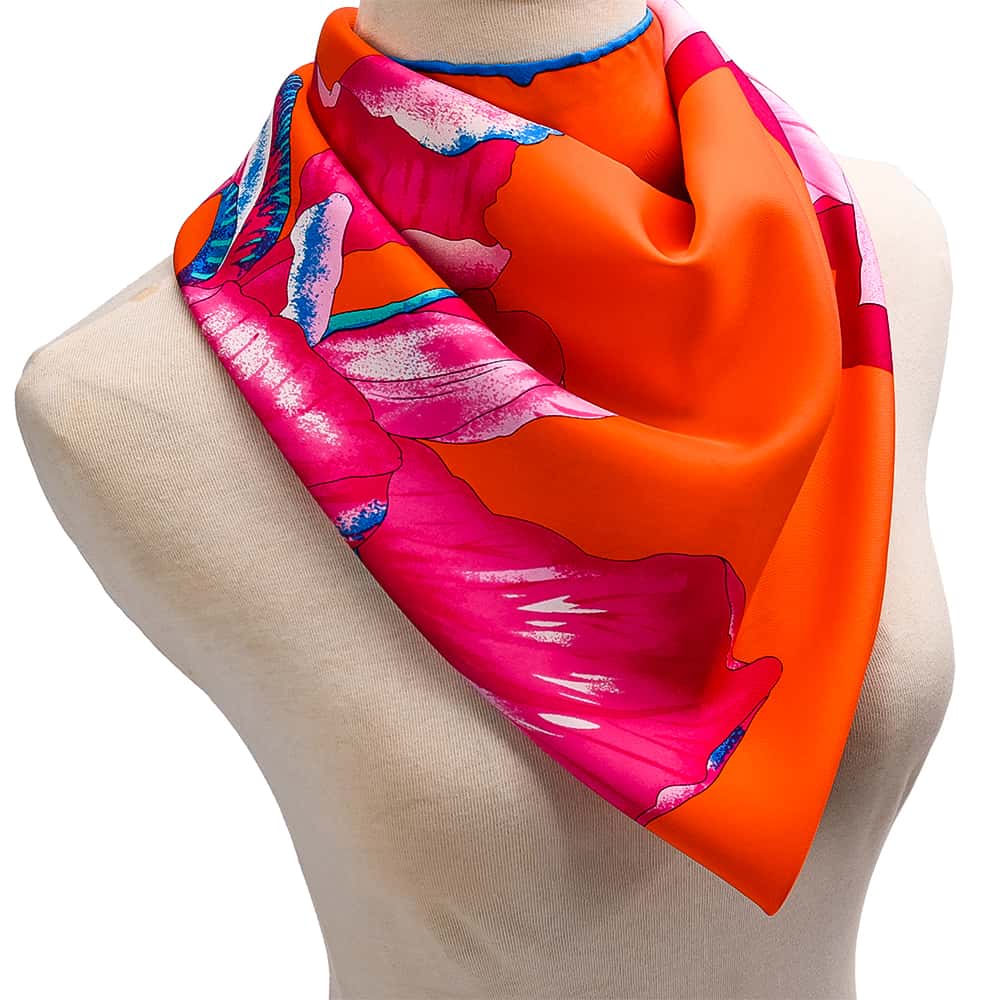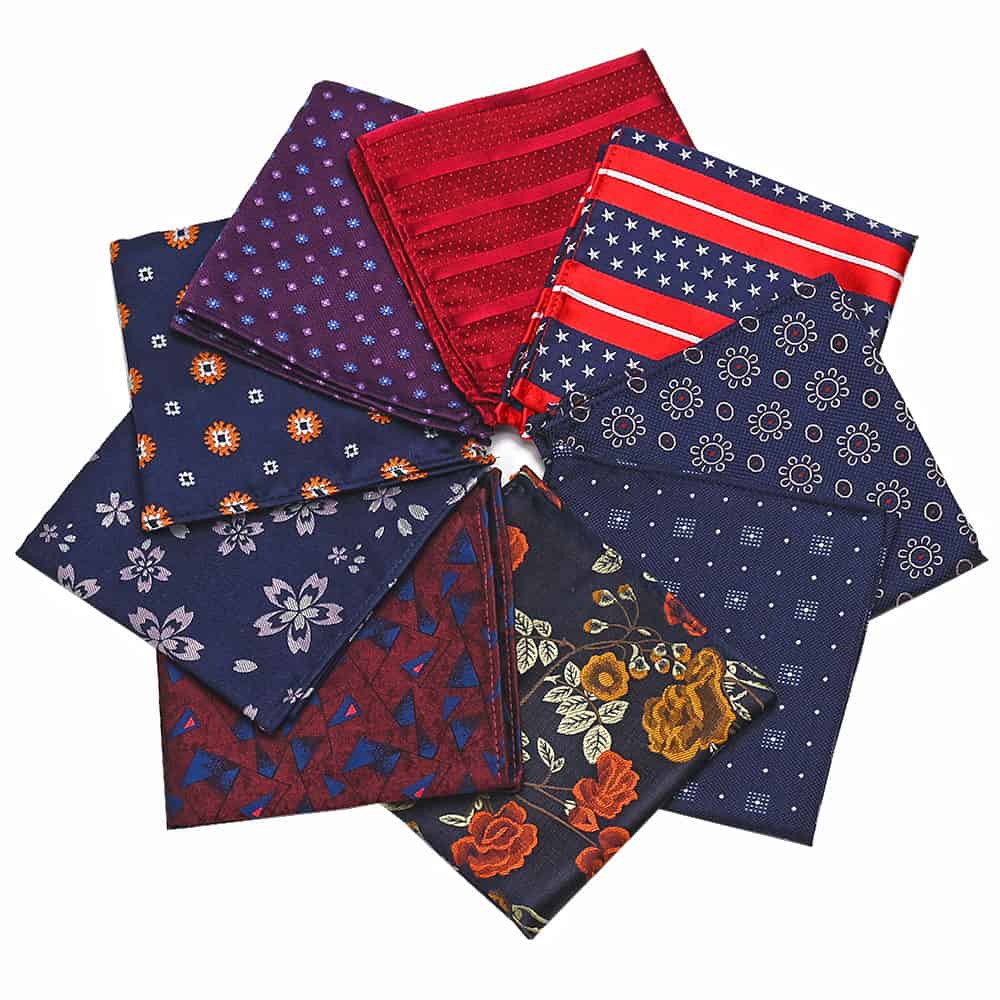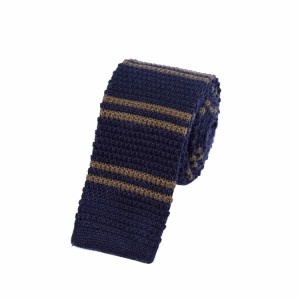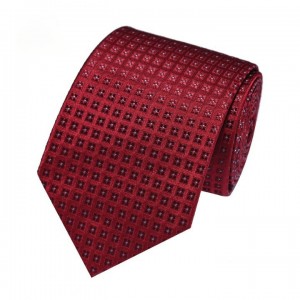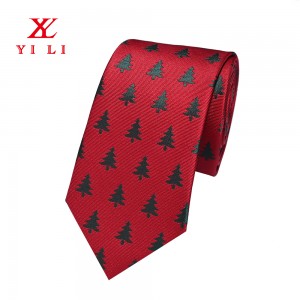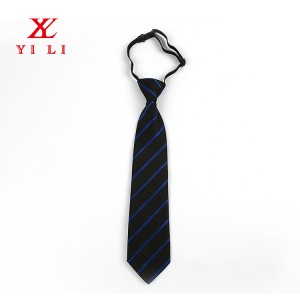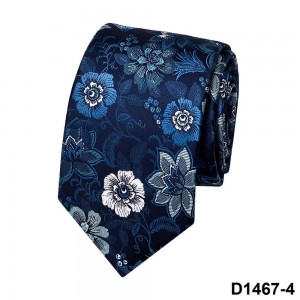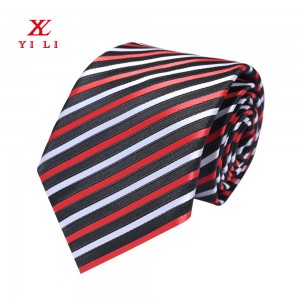Mens Wool Ties
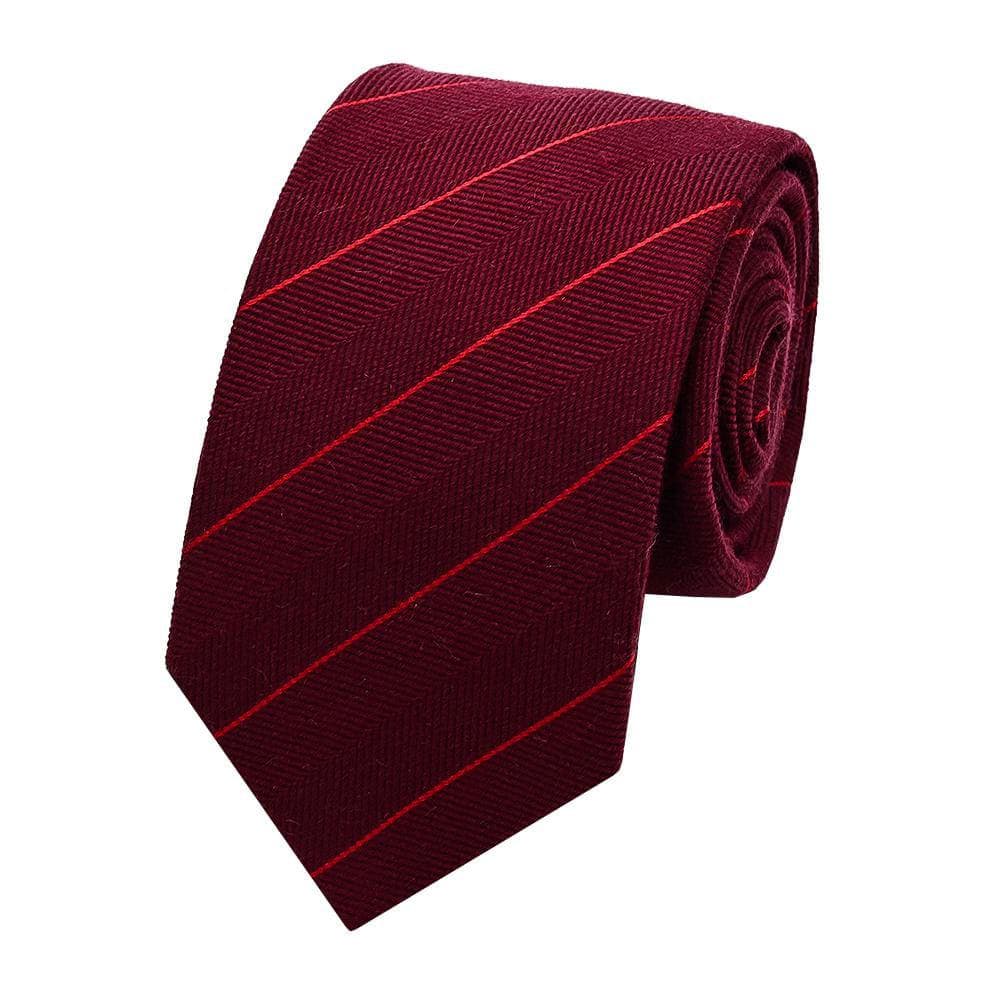
What is a Men's Wool Ties
Men's wool ties are neckties crafted primarily from wool, featuring material characteristics that set them apart in the world of men's fashion. Their primary advantage lies in warmth and style, as wool is a natural insulator and a luxurious fabric, ensuring a pleasant experience around the neck. This warmth is vital for fall and winter wear, making wool ties a favored choice. Their soft texture and durability further enhance comfort, while their natural fibers can trap heat and provide added warmth, especially in colder weather.
Versatility is another hallmark of men's wool ties. They are suitable for a wide spectrum of occasions, from formal events like weddings and business meetings to casual wear with tweed jackets or blazers. The variety of colors and patterns available for wool ties is a significant draw, allowing men to express their style and coordinate ties with different outfits. This versatility, coupled with their durability, ensures that wool ties can maintain their appearance over time, making them a valuable addition to any wardrobe.
Meet Our Production Director, Zhu Meifang
Custom Burgundy Wool Tie
Alternative Material
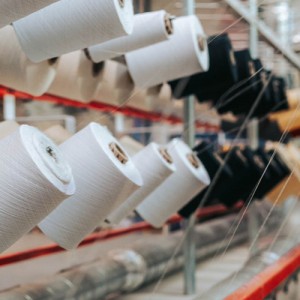
Tie Fabric: Polyester
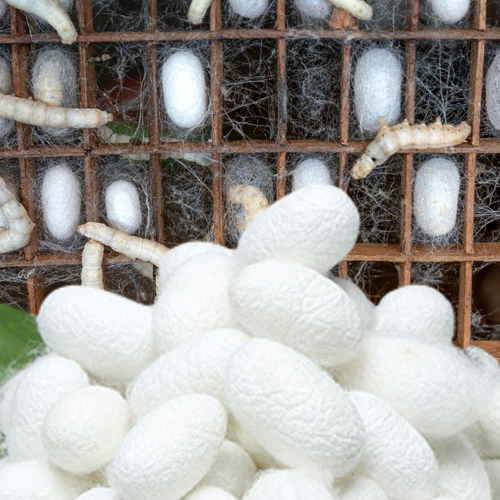
Tie Fabric: Mulberry Silk
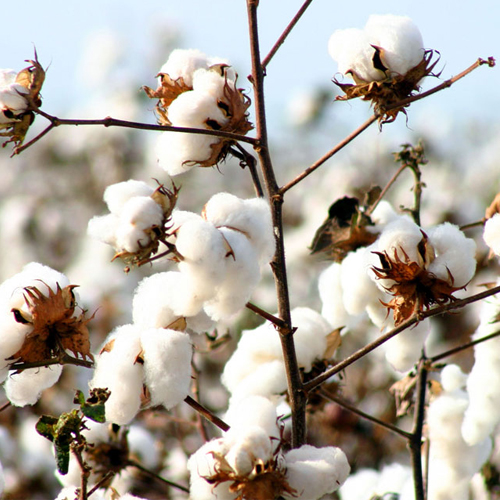
Tie Fabric Material: Cotton
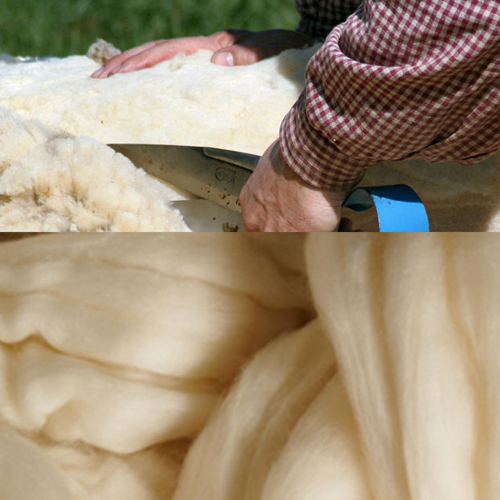
Tie Fabric Material: Wool
Fabric Weave
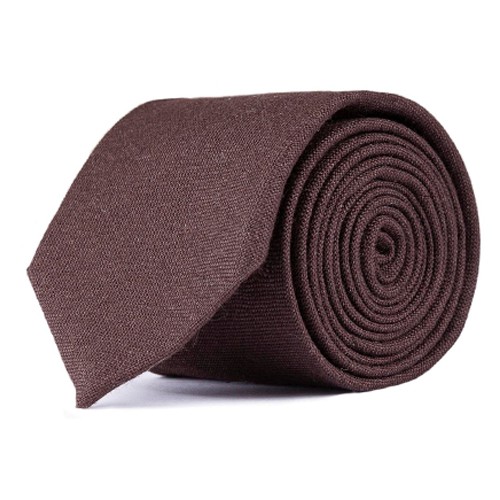
Plain Wool Tie
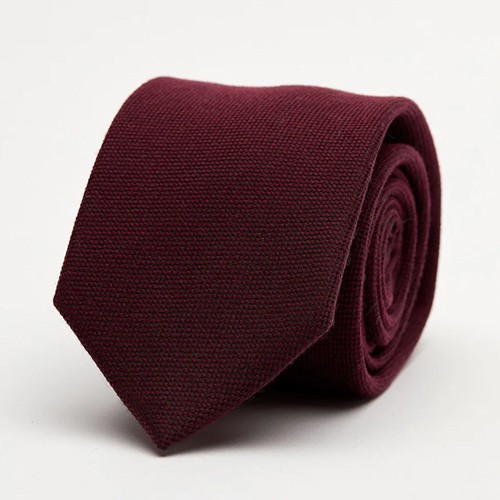
Geometry Wool Tie
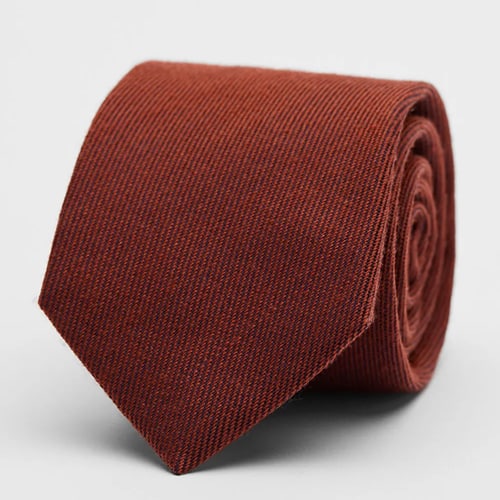
Twill Wool Tie
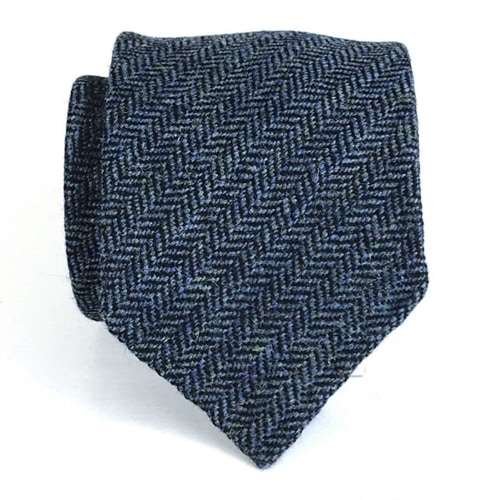
Herringbone Wool Ties
Pattern
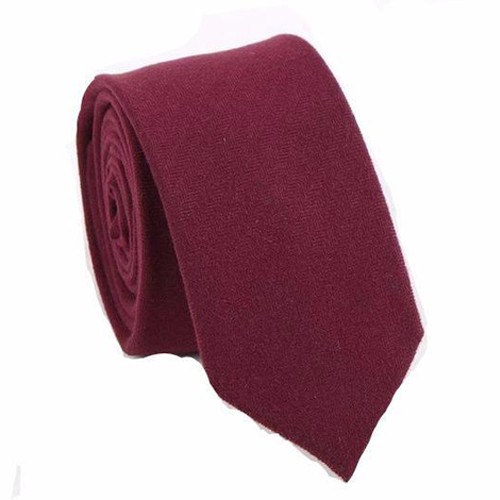
Solid Tie
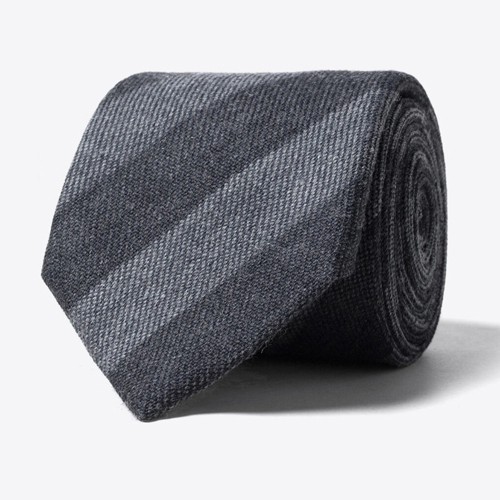
Striped Necktie
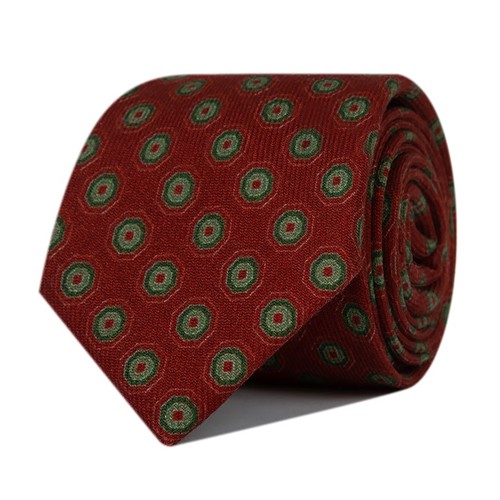
Geometric Necktie
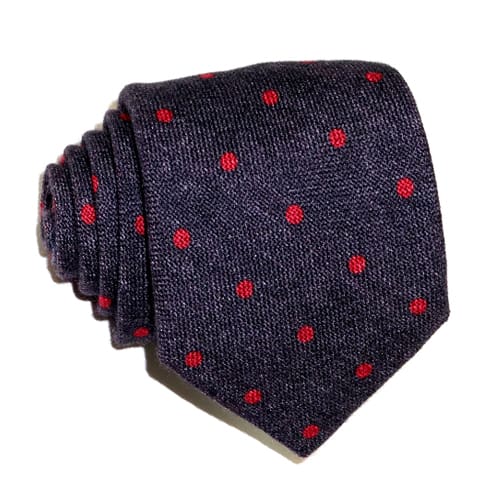
Polka Dot Necktie
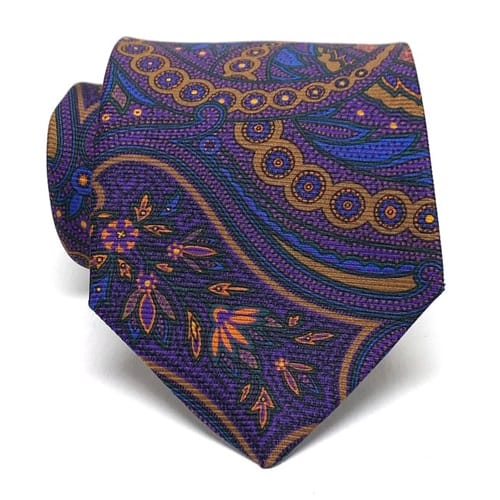
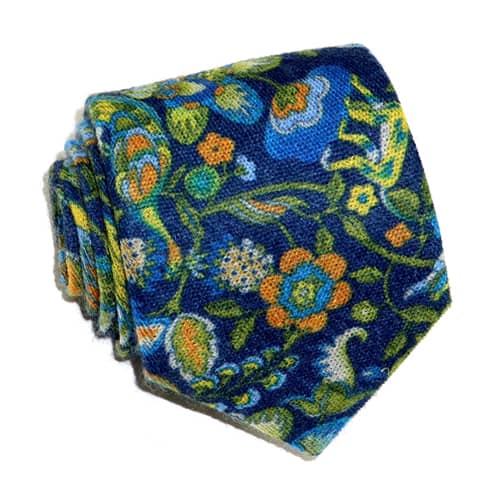
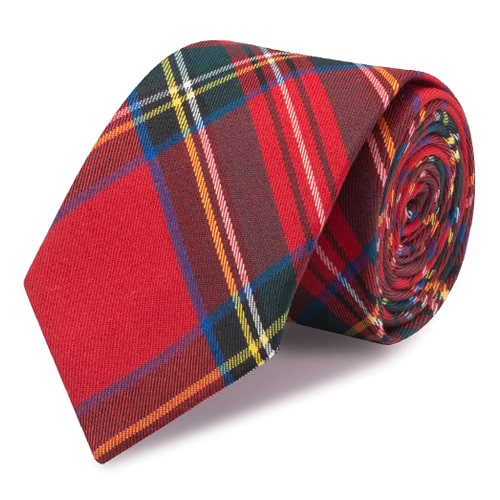
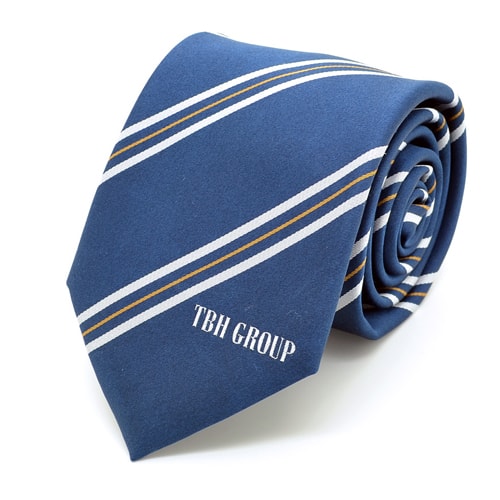
Custom Tie
Application fields of Logo Ties
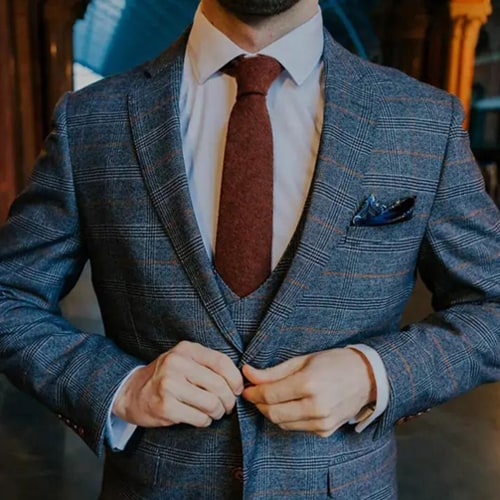
Formal Events
Wool ties can elevate a man's formal wear, making them suitable for events like weddings, galas, or black-tie affairs. The texture of wool adds a refined and luxurious feel.
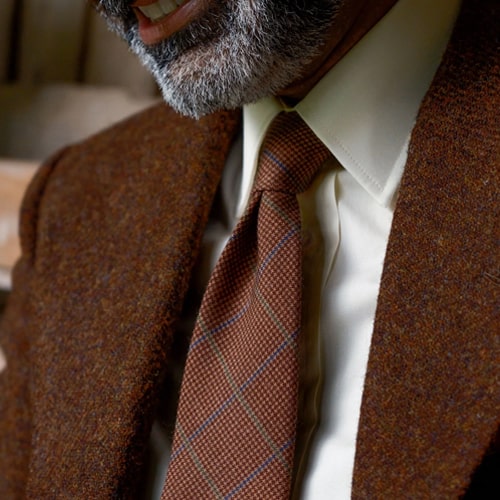
Vintage Wool Ties

Cold Weather Fashion
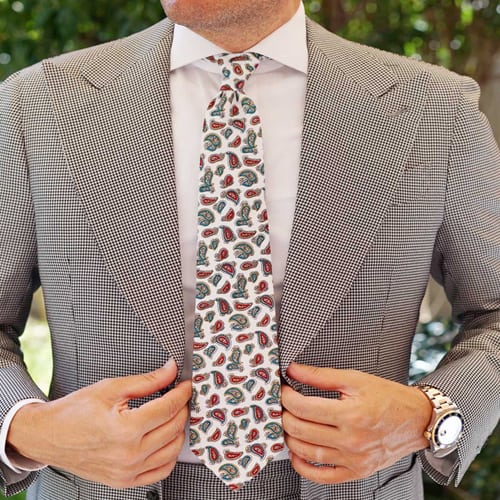
Smart-Casual Dress Code
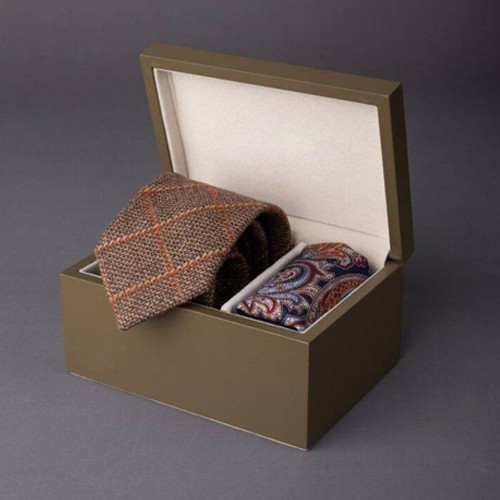
Gift
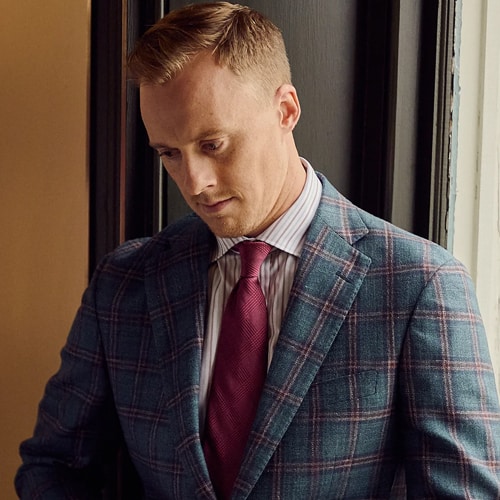
Everyday Wear
Application of Fabric Weave in Tie Design
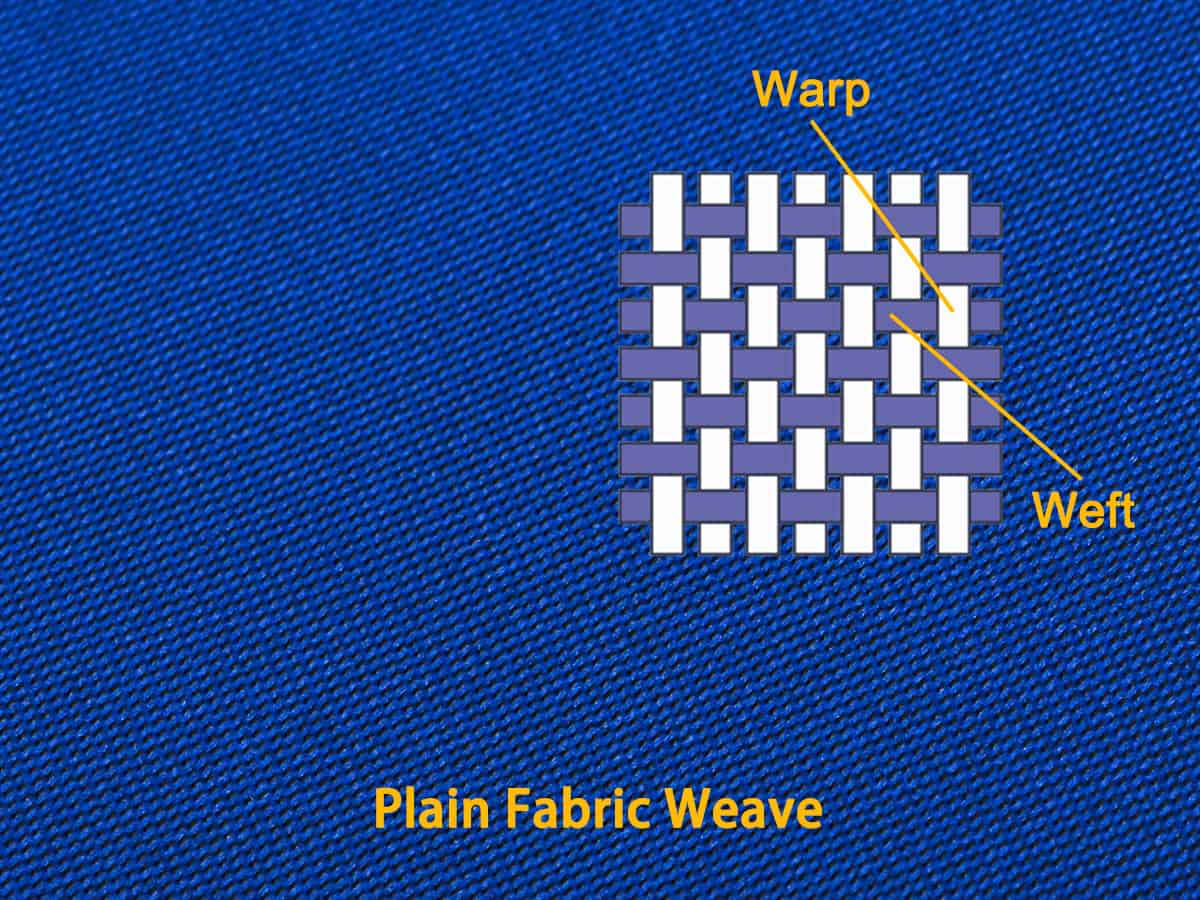
Plain Fabric Weave
The plain fabric weave, with its rich history and enduring popularity in the textile realm, stands as a fundamental and exceptionally versatile pattern cherished in the necktie industry. This classic weave, though modest in appearance, offers a myriad of possibilities due to its inherent simplicity, providing a smooth and uniform canvas upon which a world of designs, colors, and intricate patterns can be brought to life.
Beyond its aesthetic appeal, the plain fabric weave's reputation is further bolstered by its remarkable durability and ease of maintenance, making neckties woven in this style an ideal choice for everyday wear. The tightly interwoven yarns form the backbone of this weave, imparting structure and resilience to the tie, ensuring it withstands the rigors of regular use while resisting the unsightly creases and wrinkles that can mar its appearance.
This seamless combination of versatility and practicality cements the plain fabric weave's status as a perennial favorite, allowing necktie enthusiasts to enjoy not only a world of design possibilities but also the assurance of a long-lasting and well-maintained accessory for years to come.
Satin Fabric Weave
Satin fabric weave stands as a distinguished hallmark within the necktie industry, revered for its ability to infuse an air of sophistication and elegance into any ensemble. Neckties crafted from satin fabric weave are sought after for their polished appearance, and they have earned a reputation as the choice accessory for special occasions and upscale events.
What defines the satin fabric weave is its signature smooth and glossy surface, which possesses a unique ability to capture and reflect light in a manner that is nothing short of captivating. This inherent sheen adds a touch of refinement and luxury to neckties, making them not just an accessory but a statement piece in men's fashion. The lush finish of satin weave ties serves to enhance and harmonize with formal attire such as suits and dress shirts, resulting in an ensemble that exudes a sense of sophistication, style, and elegance.
Whether it's a black-tie event, a wedding, or a formal business meeting, satin weave neckties are the choice for those who wish to make a lasting impression and exude a timeless charm. The understated yet captivating allure of satin fabric weave ties is a testament to their enduring presence in the world of men's fashion, always ready to elevate any look to the next level of refinement and class.
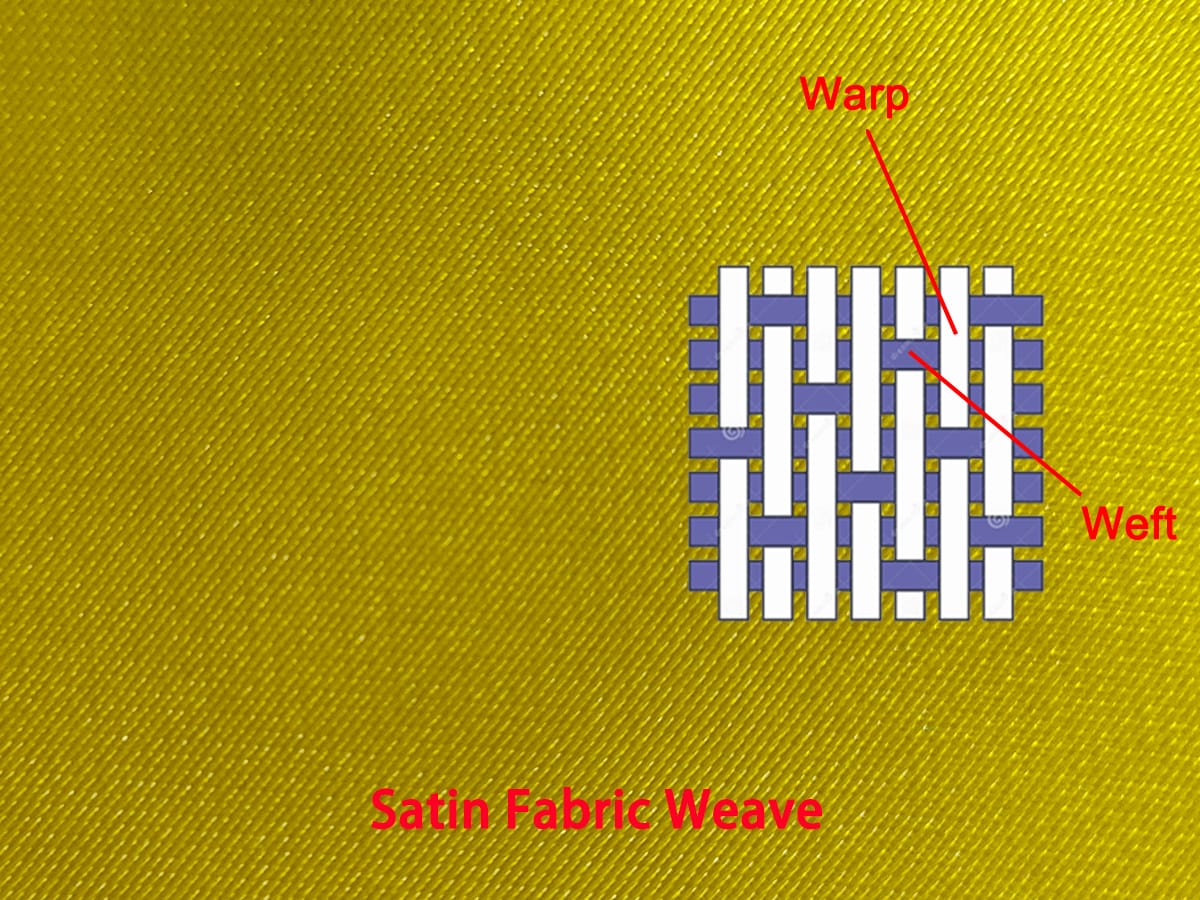
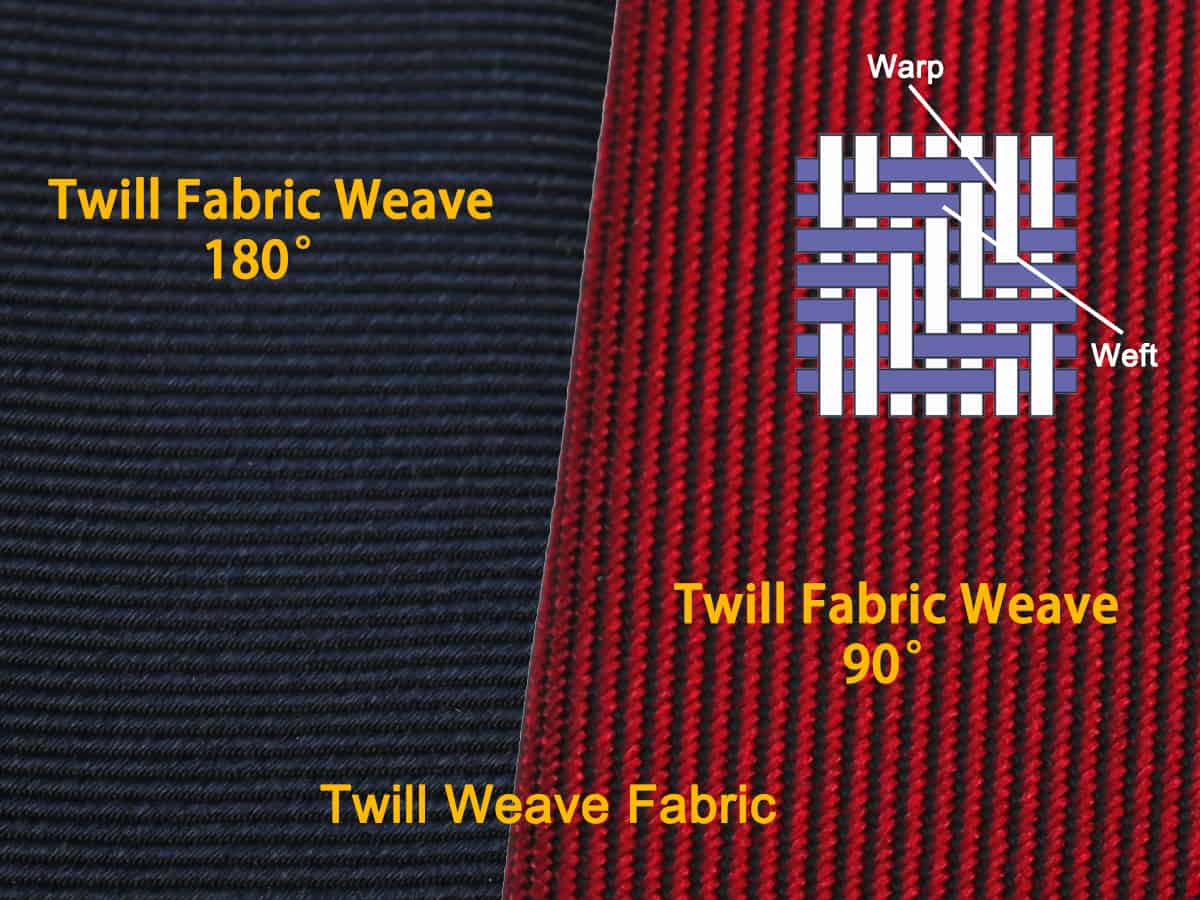
Twill Fabric Weave
The twill fabric weave, an indispensable cornerstone in the necktie industry, is celebrated for its distinctive and intricate diagonal texture. What sets this weave apart is the meticulous weaving pattern, expertly executed at a precise 45-degree angle. This craftsmanship and attention to detail add an extra layer of sophistication to the fabric.
One of the most intriguing aspects of twill fabric weave is its responsiveness to the angle at which the fabric is cut. When cut at a 135-degree angle, it results in horizontal stripes that exude a timeless elegance. Conversely, a 45-degree cut yields vertical stripes, giving the tie a more modern and dynamic appearance. This ability to create different textures and designs based on the cut angle is a testament to the versatility and innovation of this weave.
Twill fabric weave ties, with their ability to adapt and transform, offer a dynamic and stylish edge that appeals to a diverse range of fashion preferences. This adaptability makes them a preferred choice for various occasions in men's fashion, from formal events to everyday wear, ensuring that they remain a timeless and versatile accessory in every gentleman's wardrobe.
Herringbone Weave Fabric
Herringbone weave fabric stands as a beloved and highly esteemed choice within the necktie industry. Its distinguishing feature is the classic V-shaped pattern, evoking the delicate intricacies of fishbones, which bestows an aura of timeless elegance and sophistication upon neckties. The herringbone pattern weaves an intricate tapestry of depth and dimension into the tie's appearance, significantly enhancing its visual allure.
In addition to its aesthetic appeal, the robust durability and resilience of herringbone weave fabric further underpin its eminence in the realm of neckwear. The inherent structure of this weave ensures that the tie maintains its form, resists the stubborn grasp of wrinkles, and readily withstands the rigors of daily wear, culminating in a practical and stylish accessory of exceptional quality. This enduring durability firmly establishes the herringbone weave tie as a lasting and versatile addition to any discerning gentleman's wardrobe, becoming an enduring symbol of refined taste and timeless fashion.
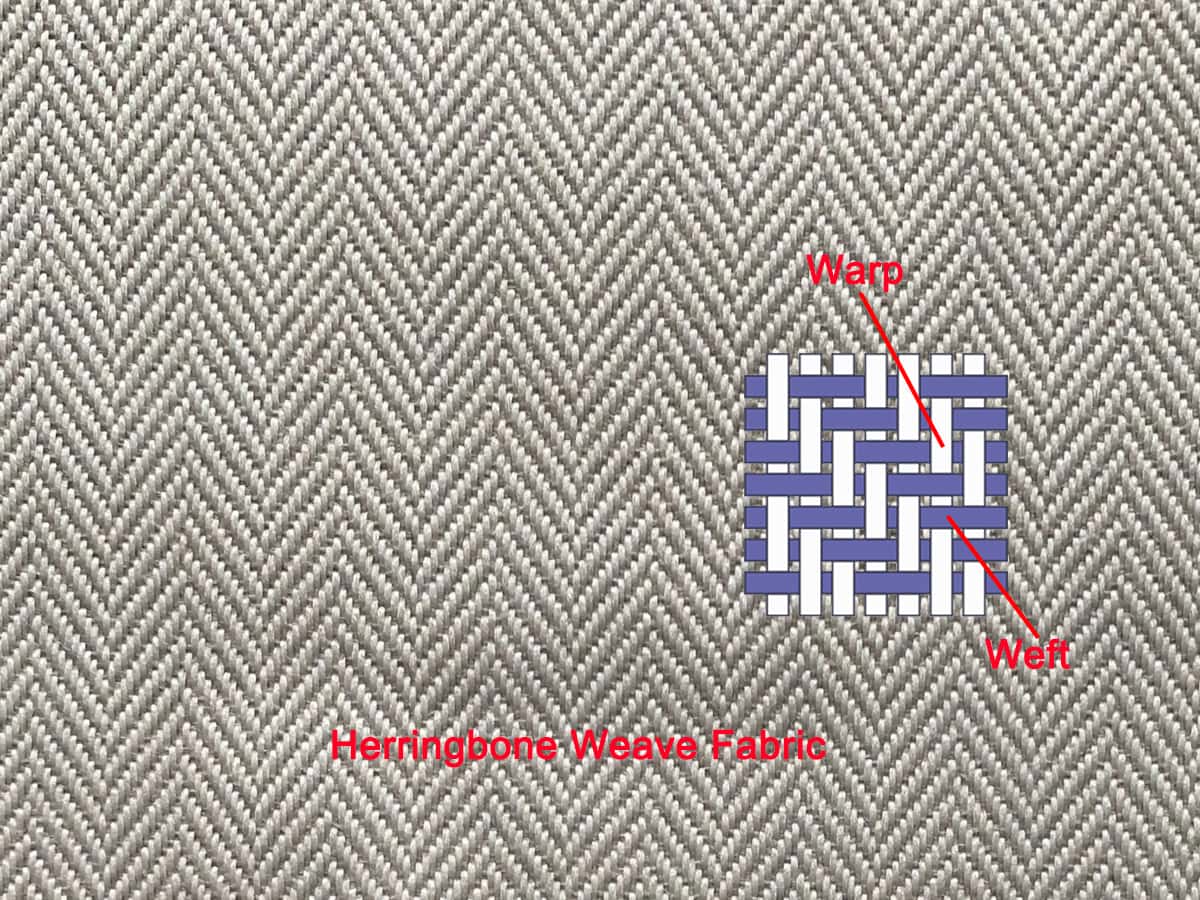
Necktie Size
| Necktie Style | Category | Length (inches) | Length (cm) | Expound |
|---|---|---|---|---|
| Self-knotting Tie | Men's Standard | 57~59 | 145~150 | Typically fits individuals of average height, around 5'7" to 6'2" (170 to 188 cm) or slightly taller. |
| Men's Short | 54 | 137 | Suitable for shorter individuals, under 5'7" (170 cm), or those who prefer a shorter tie length for a modern look. | |
| Men's Extra Long | 61~63 | 150~160 | Designed for taller individuals, typically 6'2" (188 cm) or taller, or those with a larger neck size. | |
| Youth/Children's | 47~52 | 120 ~ 130 | Geared towards children and young teenagers, so height can vary widely, but typically for those under 5'5" (165 cm). | |
| Zipper Necktie | 0~6 MO | 6 | 15 | The size measurement for a zipper tie is typically from the knot to the tip.Zipper ties are mainly used by children and teens, especially for school uniforms. They offer a fuss-free solution for youngsters who may not have mastered traditional tying. Some adults also choose zipper ties for their convenience and polished appearance, particularly when time-saving is essential. |
| 6~18 MO | 9.5 | 24 | ||
| 2~4 Year | 10.5 | 26.5 | ||
| 4~8 Year | 13.5 | 35 | ||
| 8~14 year | 15 | 38 | ||
| 14~16 year | 17 | 43 | ||
| Adult | 19.5 | 50 | ||
| Clip-on Necktie | 4~8 Year | 13.5 | 35 | Clip-on neckties are a practical accessory primarily designed for young children and individuals seeking a convenient and hassle-free tie option. Most suitable for children aged 4 to 12, they provide an excellent solution for kids who haven't mastered traditional necktie knots. These ties are not only safer for children, eliminating the risk of tying knots too tightly, but they're also simpler to wear compared to both traditional and zipper ties. They're also favored by those with limited dexterity, and people in a hurry. |
| 8~14 year | 15 | 38 | ||
| 14~16 year | 17 | 43 | ||
| Adult | 19.5 | 50 | ||
| Other tie-length | Tie length is a critical component of your style, and we are dedicated to customizing it to your liking. We can assist in developing samples and evaluating the practicality of bulk production. If you have any inquiries or specific requirements, please don't hesitate to Get in Touch with us! | |||
| Necktie Style | Category | Length (inches) | Length (cm) | Expound |
|---|---|---|---|---|
| Self-knotting Tie | Standard Width | 2.75 ~ 3.35 | 7~8.5 | These are considered narrow ties and have been a popular choice in recent fashion trends |
| Skinny Width | 2~2.75 | 5~7 | This is the classic and most commonly worn necktie width. | |
| Wide Width | 3.35~4 | 8.5~10 | These ties are considered wider and can give a more retro or classic look. | |
| Self-knotting Tie | 0~7 year | 2 | 5 | These narrower ties are proportionate to their small frames and are less likely to overwhelm their outfits. |
| 7~14 year | 2~2.55 | 5~6.5 | It offers a balance between style and proportion, accommodating children who are growing but still have relatively small necks. | |
| 14+ year | 2.55~3 | 6.5~7.5 | As children reach their teenage years, they may have more developed bodies, and a slightly wider tie can provide a stylish and age-appropriate look. | |
| Other Tie widths | Tie Width is a crucial aspect of your style, and we can tailor it to your preferences, help you create samples, and assess bulk production feasibility. Please feel free to Contact Us with any questions! | |||
Necktie Production Process
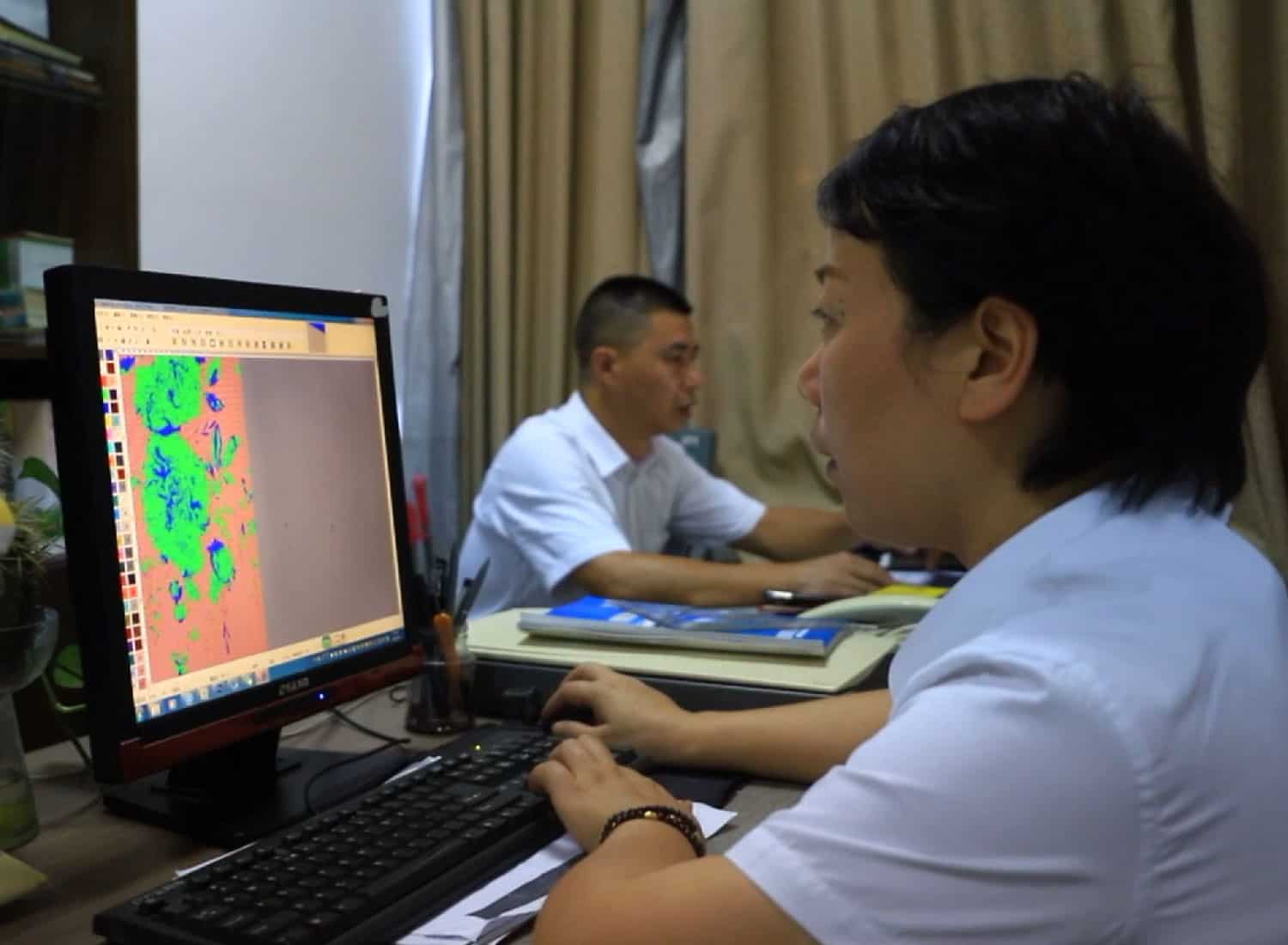
Designing
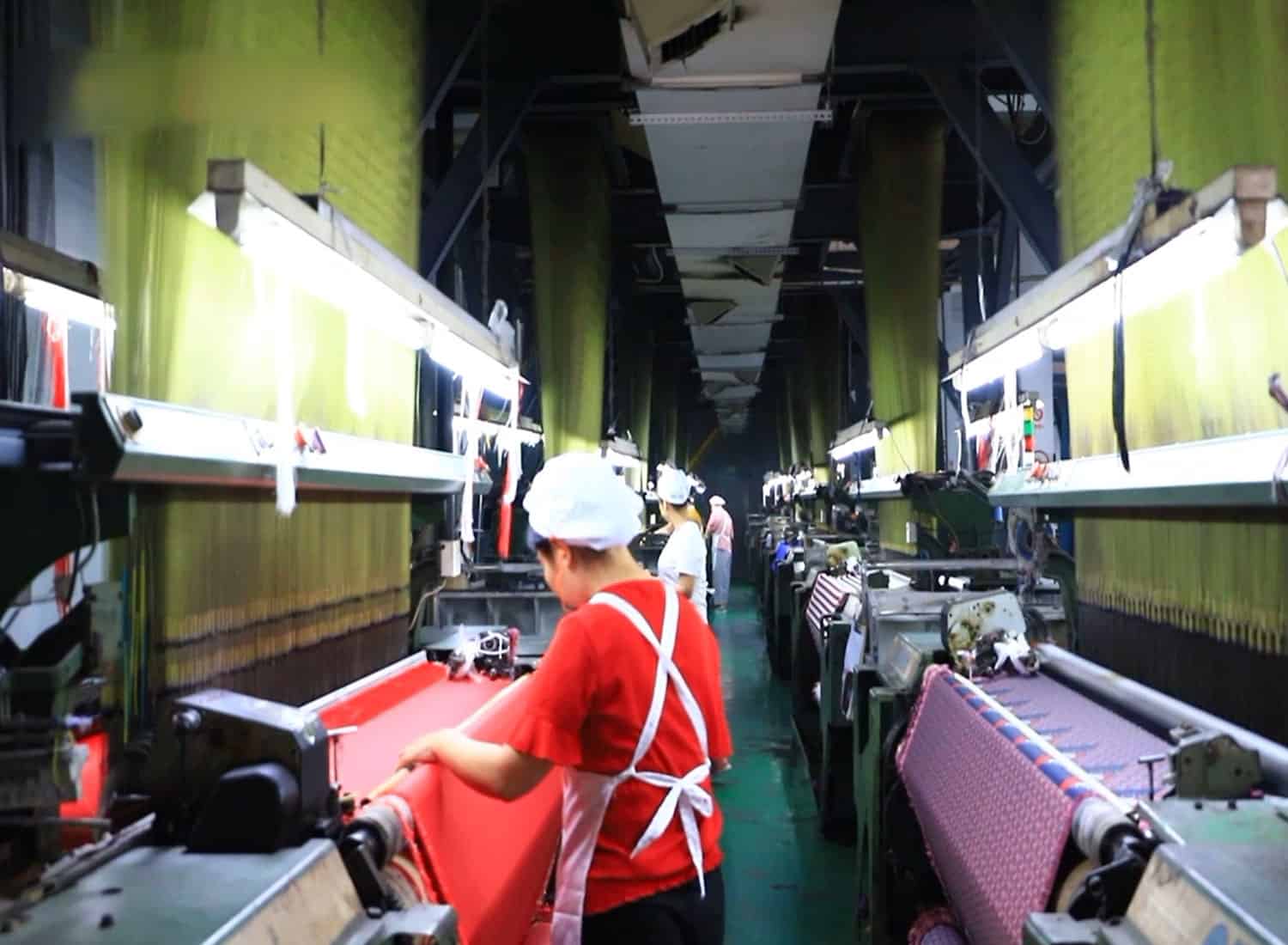
Fabric Weaving
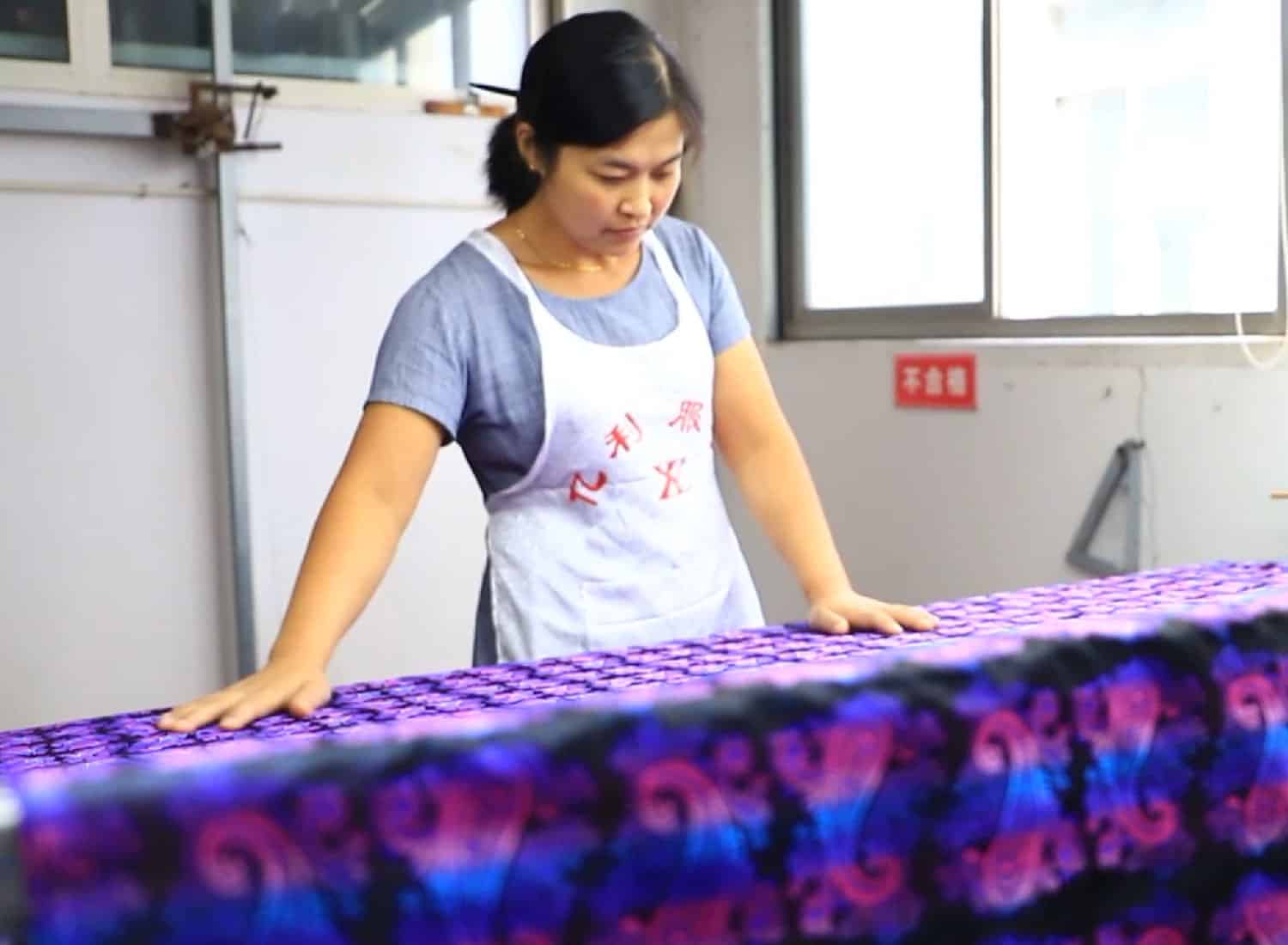
Fabric Inspection
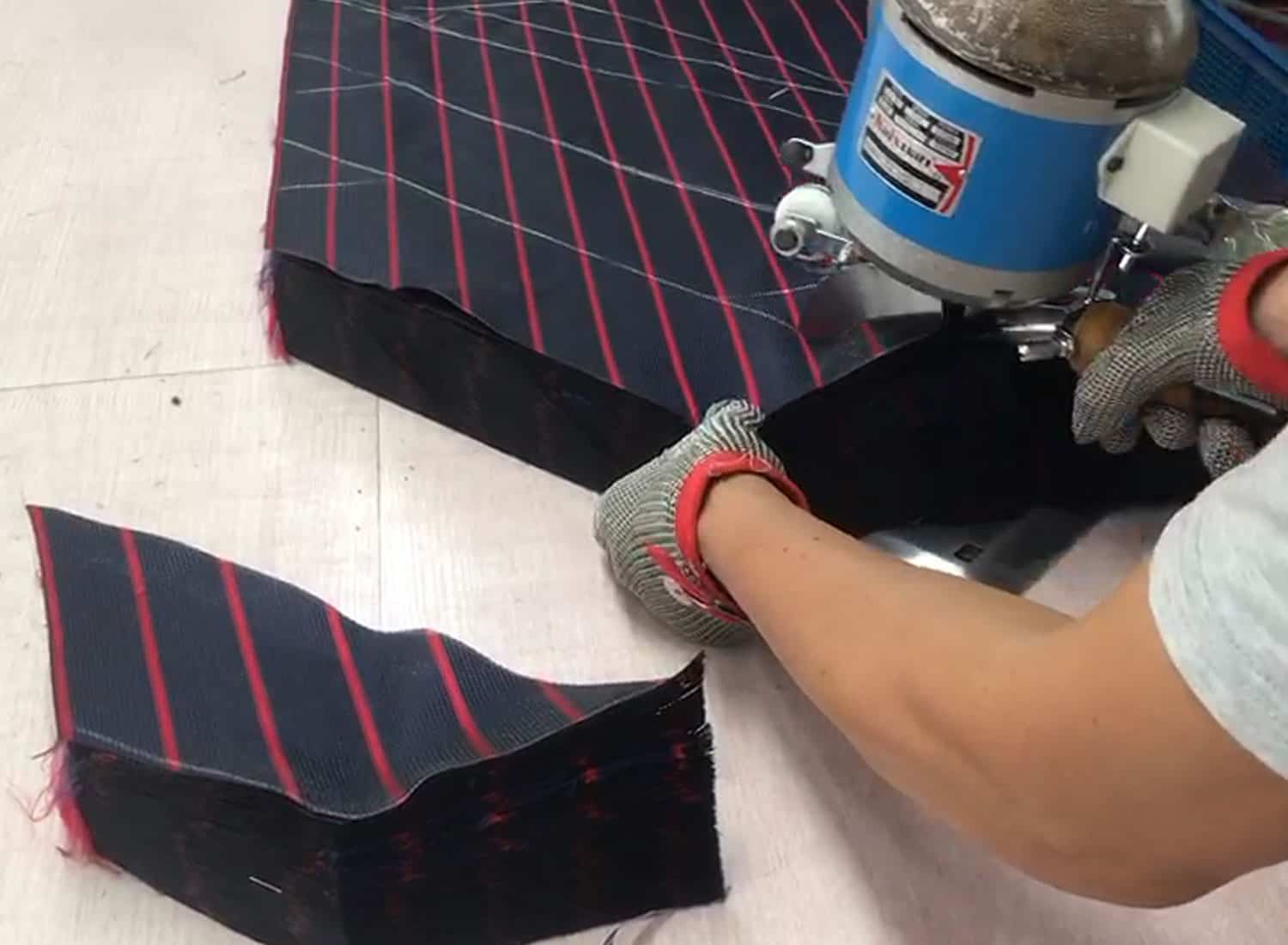
Fabric Cutting
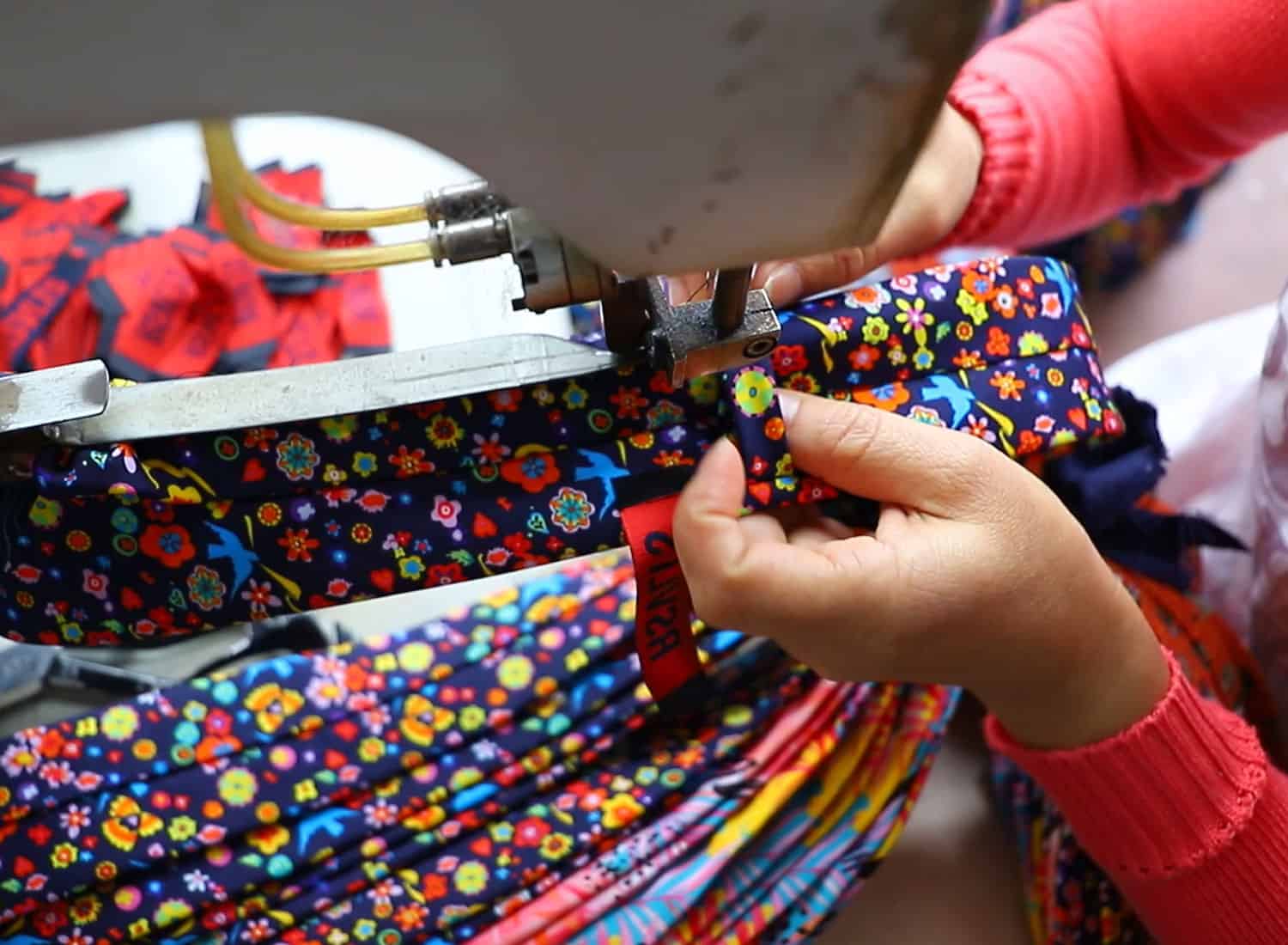
Label Stiching
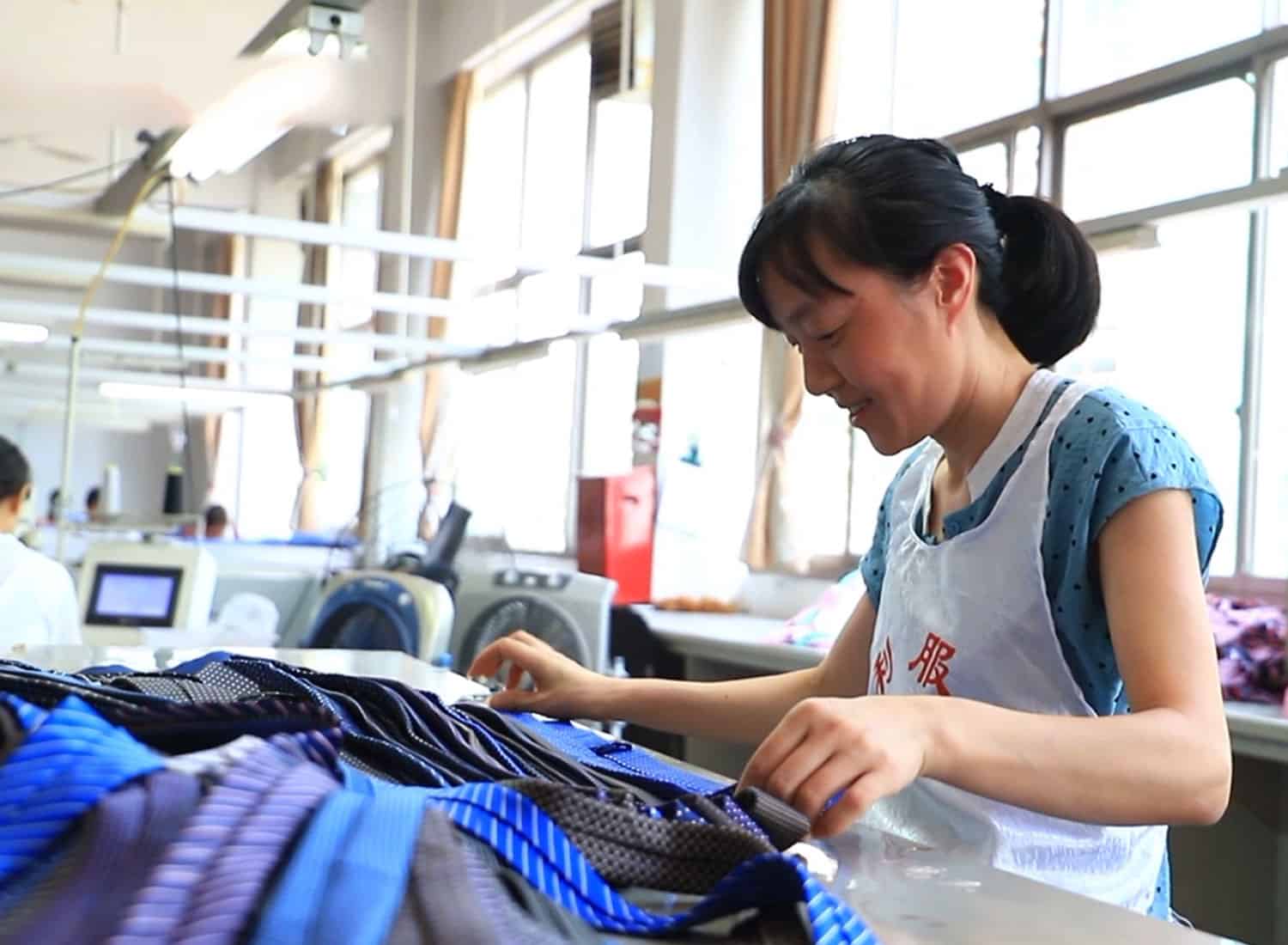
Finished Inspection
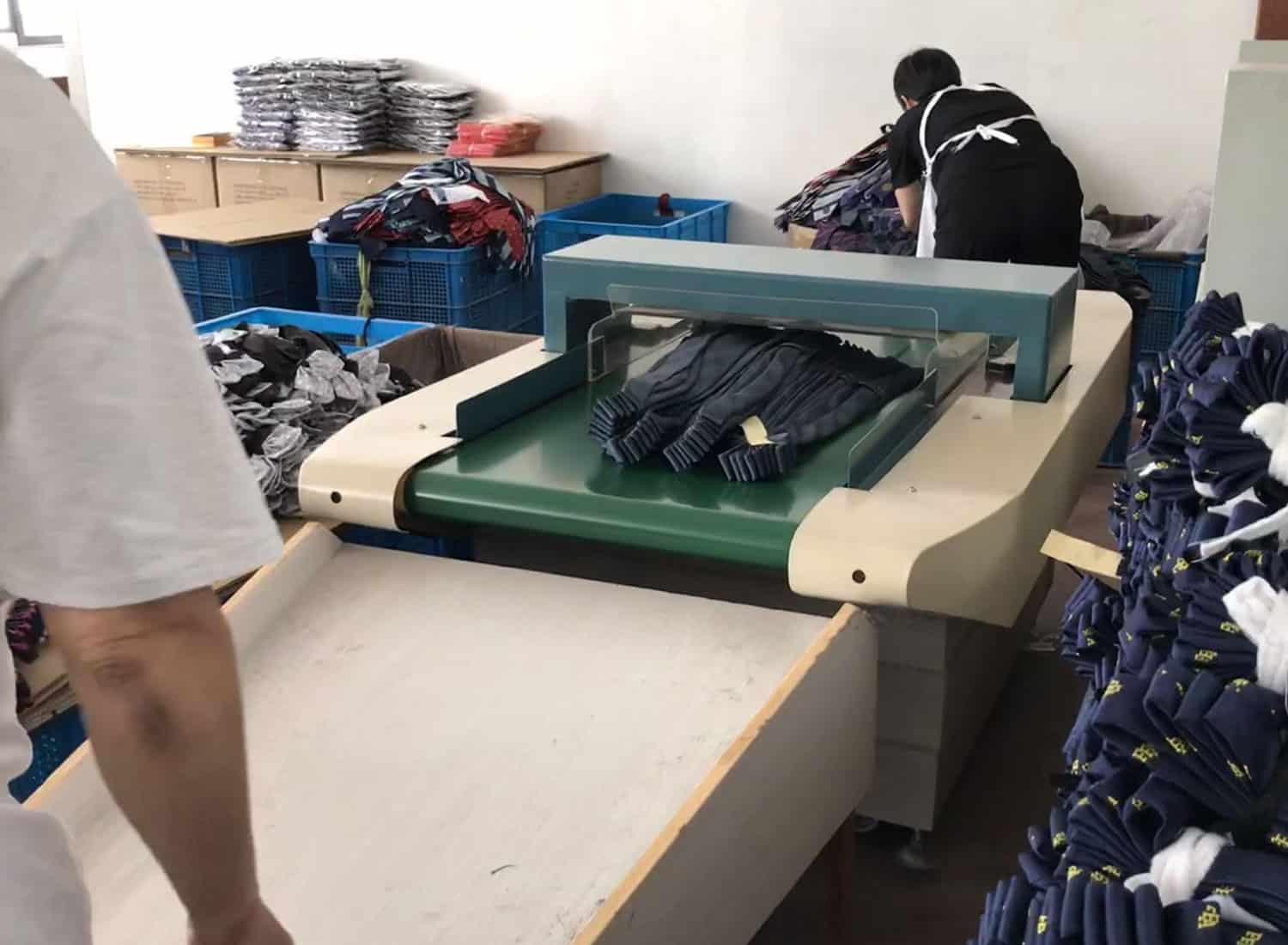
Needle Checking
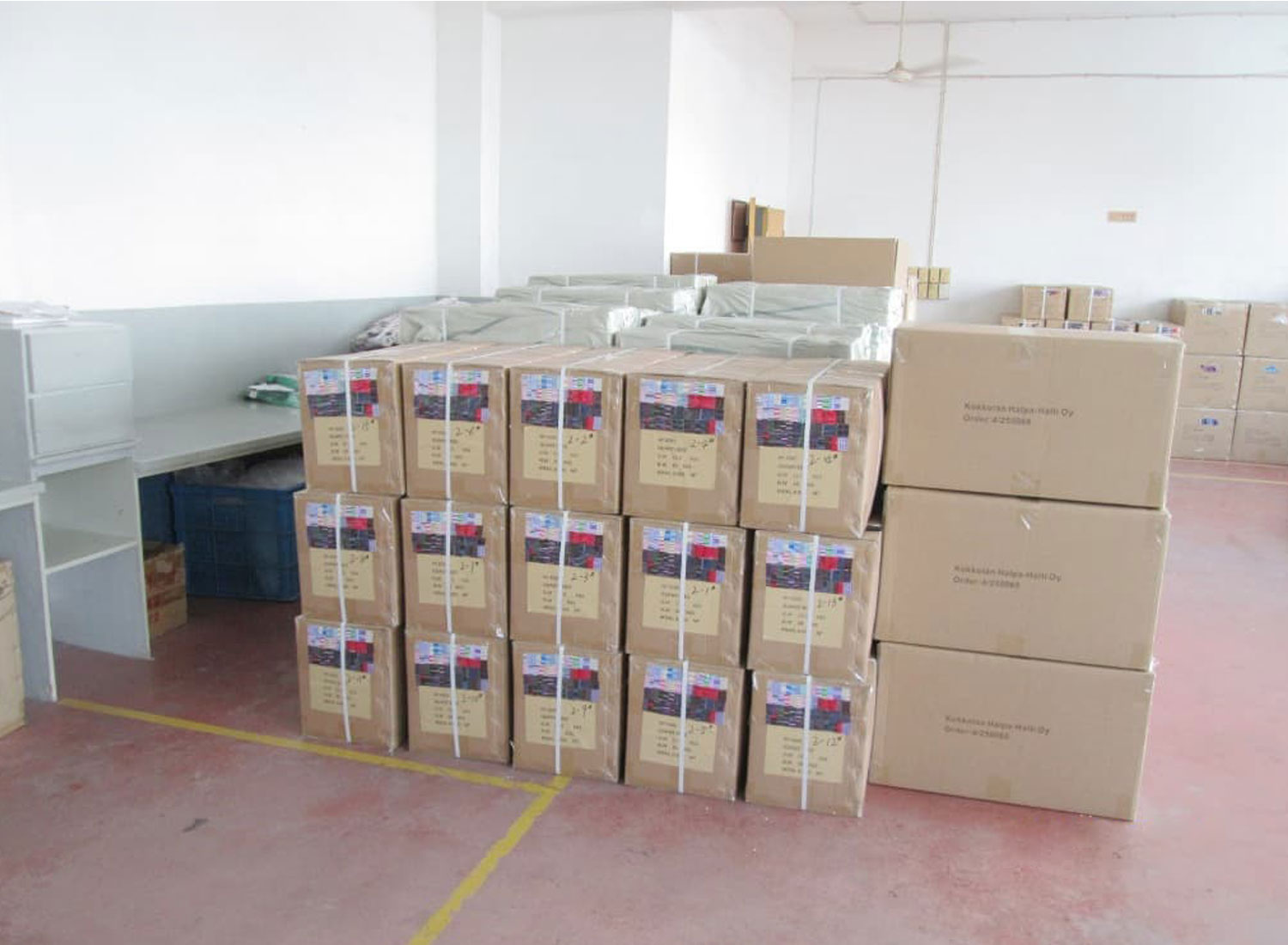
Packing & Storage
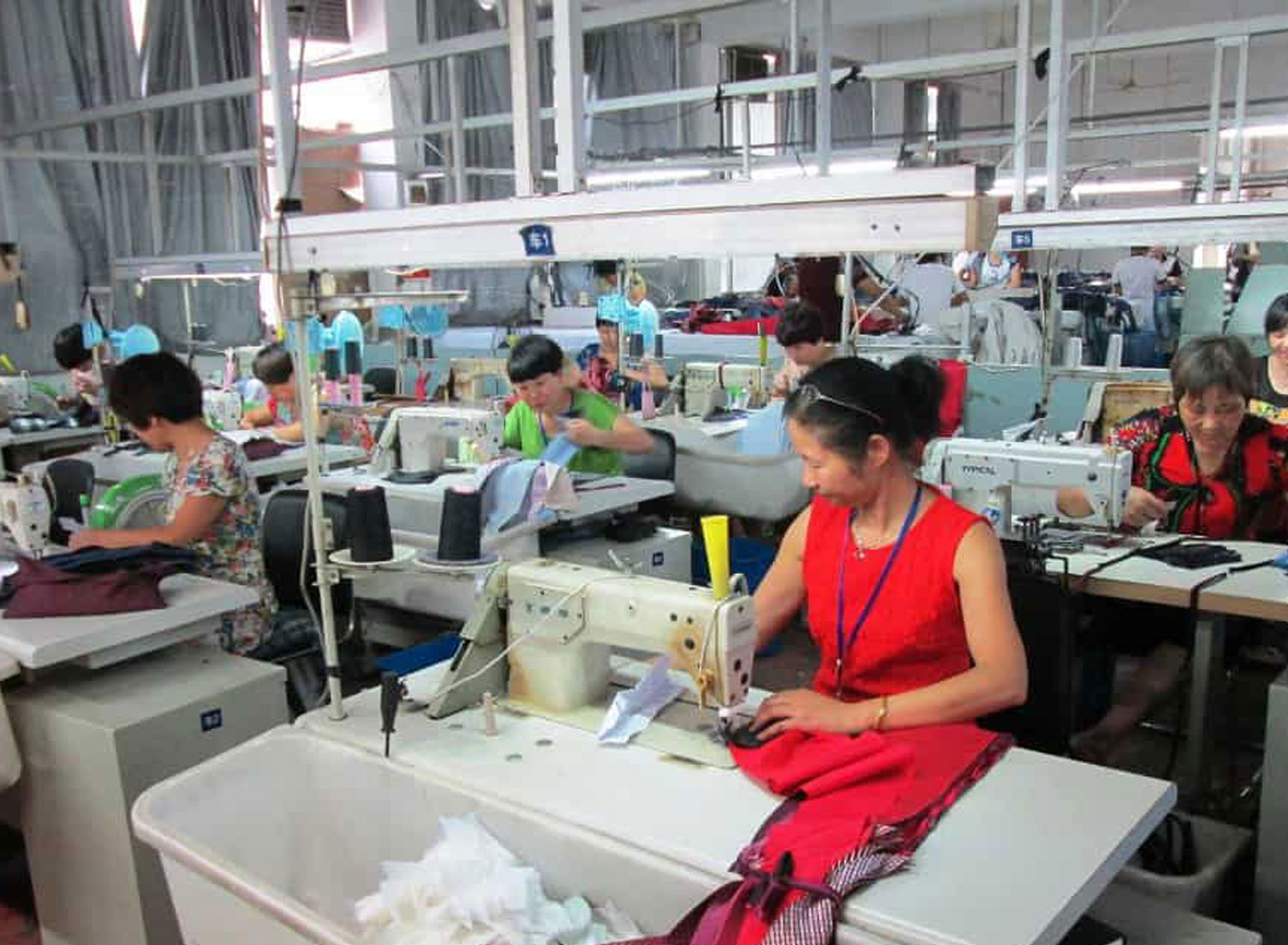
Necktie Sewing
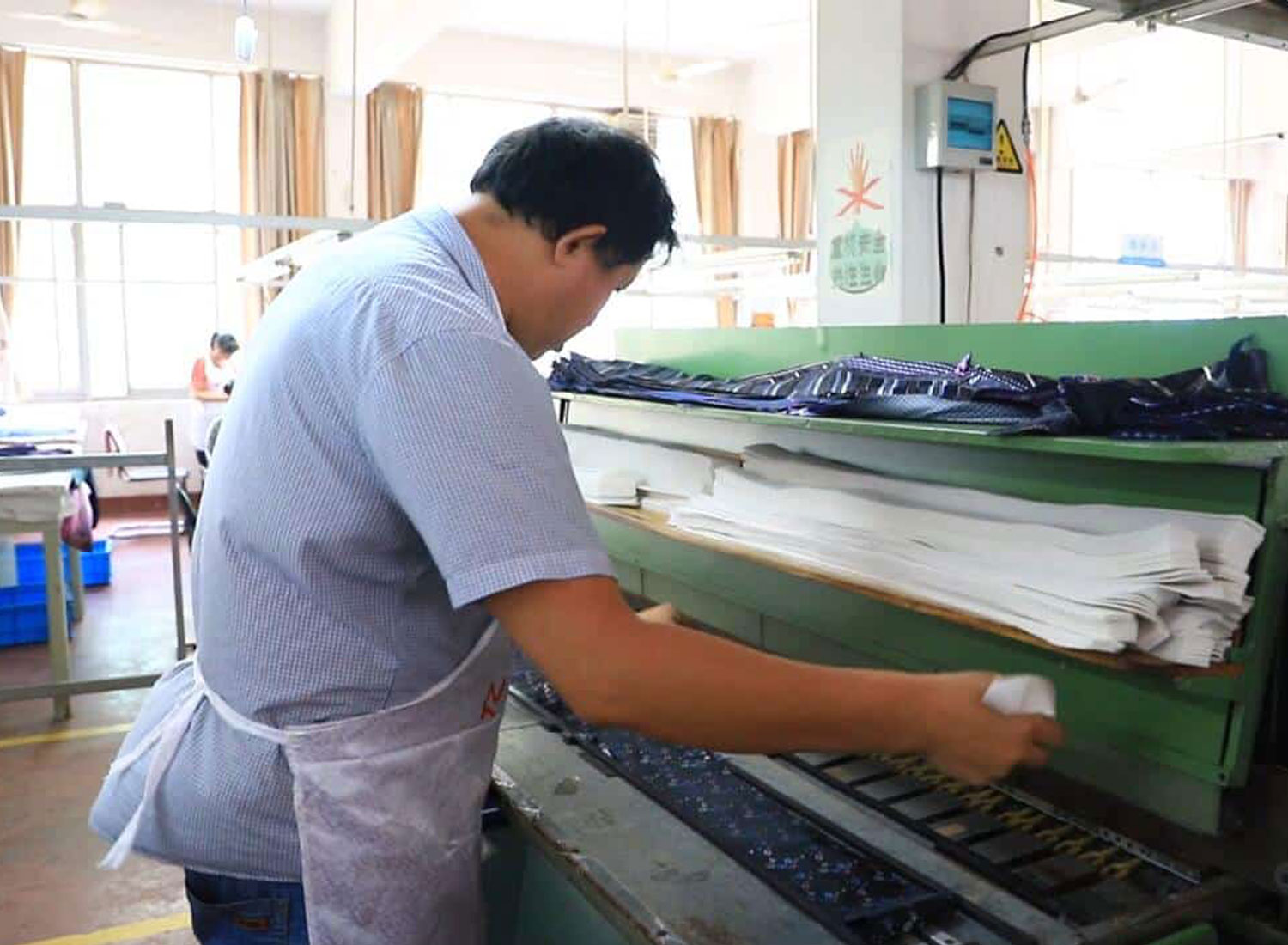
Liba Machine Sewing
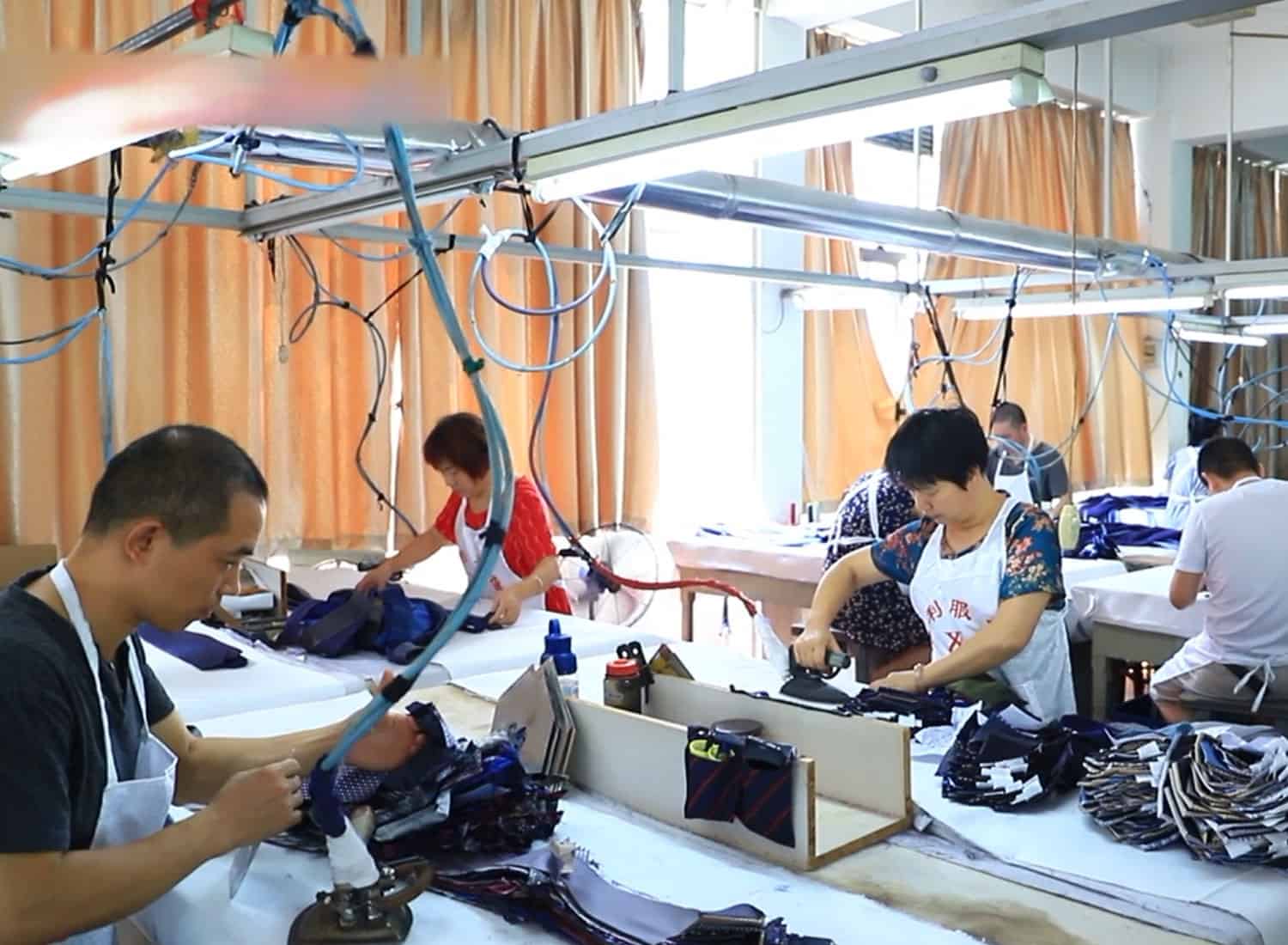
Necktie Ironing
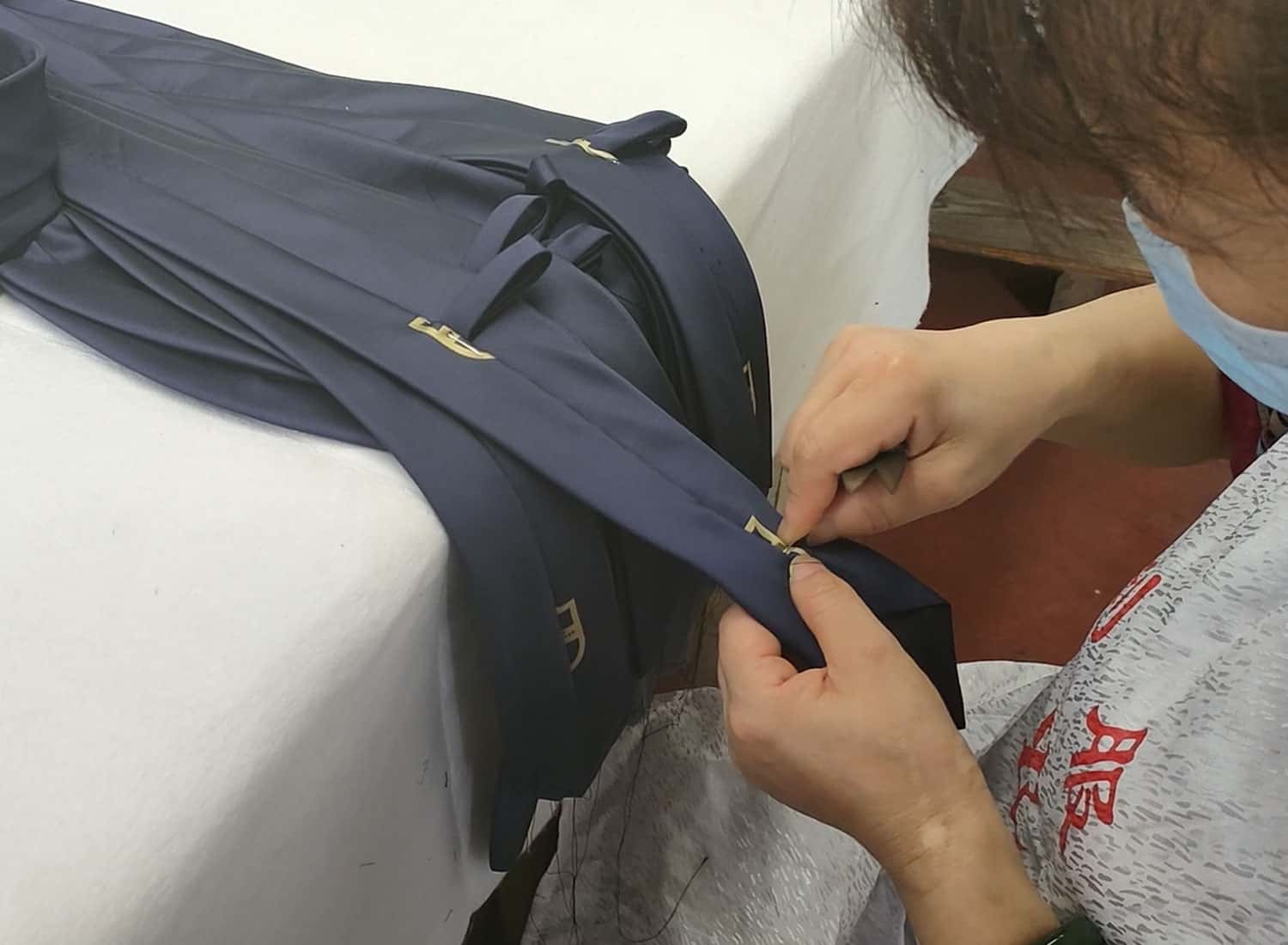
Hand Sewing
Estimated Project Cost
To ensure that your business will have enough profit, it is essential to determine the overall cost of your project before officially starting it. Here are some of the expenses that you can expect to incur during the project:
Design Fee
If you need us to customize your tie design, we charge a fee of USD 20 per style. You don't have to worry about your design being leaked. If you use our design, we don't charge any design fee.
Product Cost
It depends on the style, material, design, quantity, and other factors of your customized tie. Our ties offer a super low MOQ: 50 pcs/design, and you can test your project for very little money.
Transportation
CostsShipping costs depend on the quantity of ties your order and your region.
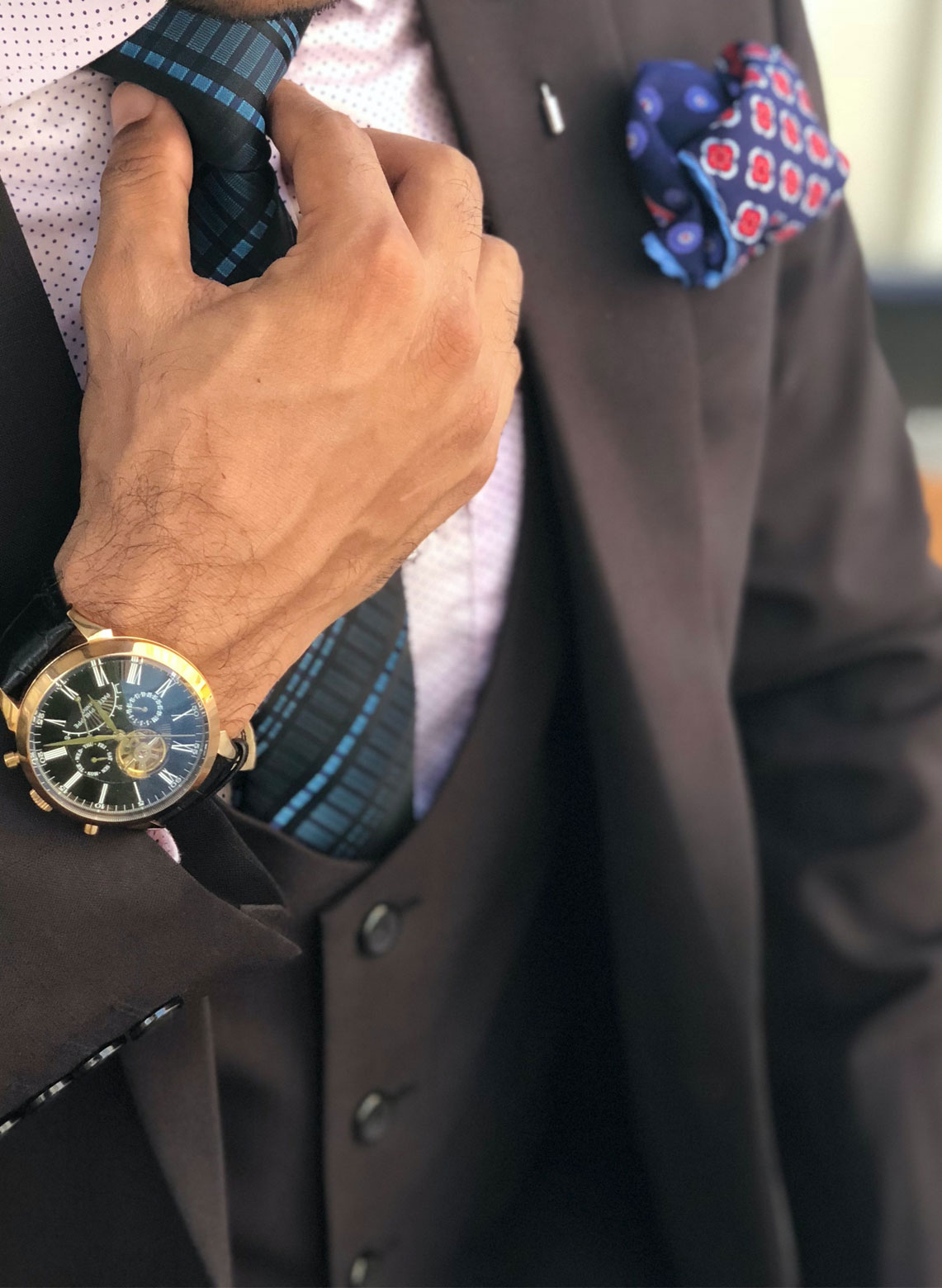
Tariff
Almost all countries will charge tariffs for imported products, and the charges differ in different countries. You can consult our sales representatives if you don't know how much your country will charge.
Sample fee
We can provide free samples if you want to check our product quality. You only pay for shipping. If you need customized samples, we will also charge a design fee.
Other costs
In some special cases, a special fee will be charged. If you ask a third party to inspect the goods. Or you need to enjoy government tariff relief, you need to provide a certificate of origin, etc.
If you want to start working in the tie industry, I suggest you check out our article - Is it a big investment to start a necktie business?
Estimated manufacturing and shipping times
Before starting a project, you will have a project schedule. Knowing how long the tie-making process will take will keep your plan on track. Below is the time it takes for our tie-making mass production.
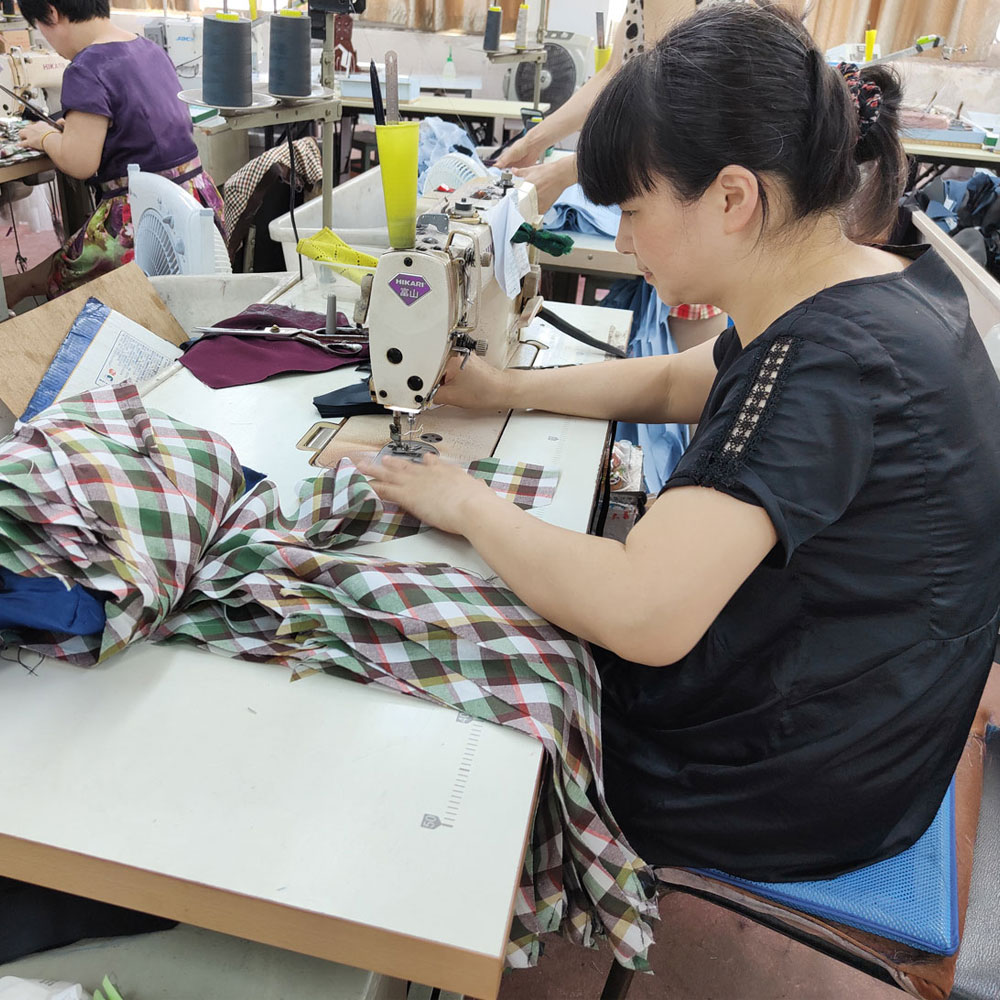
Step 1 - Sample Production
Including tie design, fabric production, tie making, tie inspection, and other steps. With our excellent and complete team, we only need five days to complete the production of custom tie samples.

Step 2 - Sample Confirmation
Including international transportation, customer inspection, communication modification, etc.
This process mainly takes time for international transportation and customer confirmation, which takes about 10~15 days.
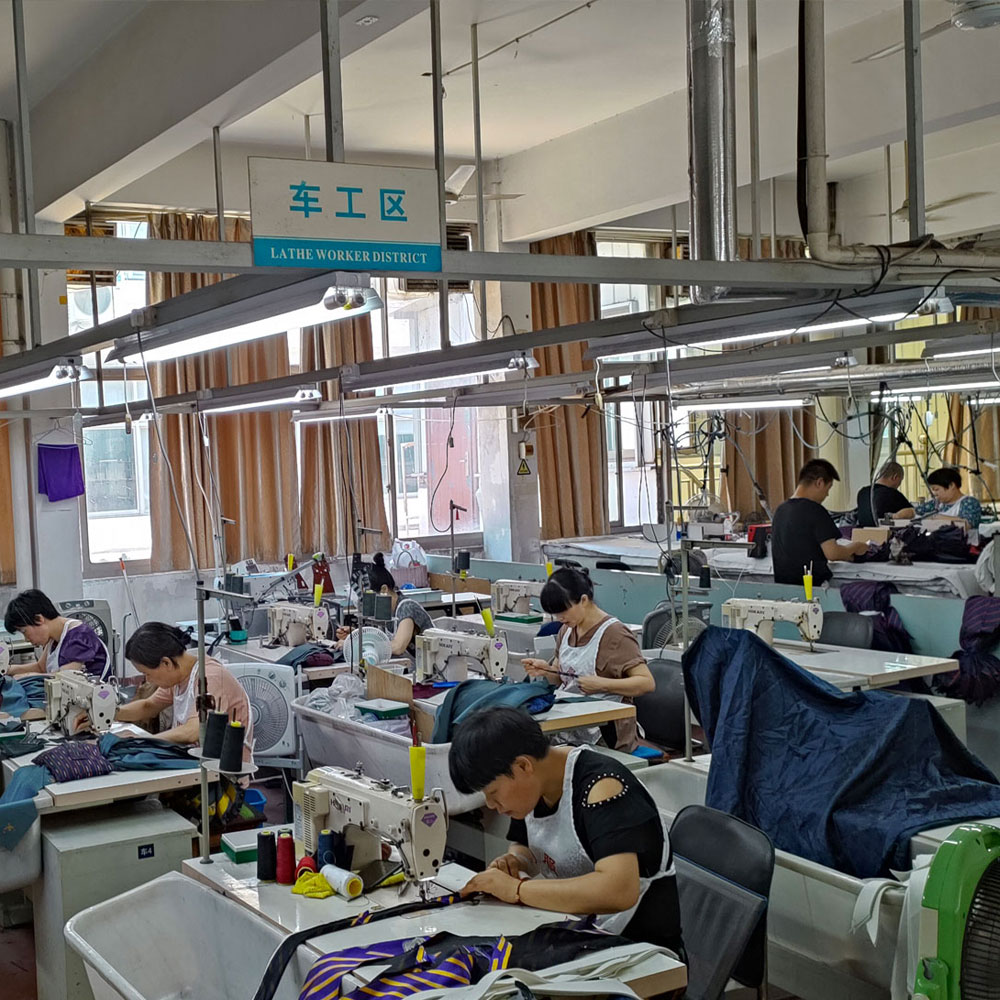
Step 3 - Mass Production
Including fabric production, tie production, inspection, and packaging.
The mass production time is between 18~22 days; the specific time is related to the quantity you ordered.
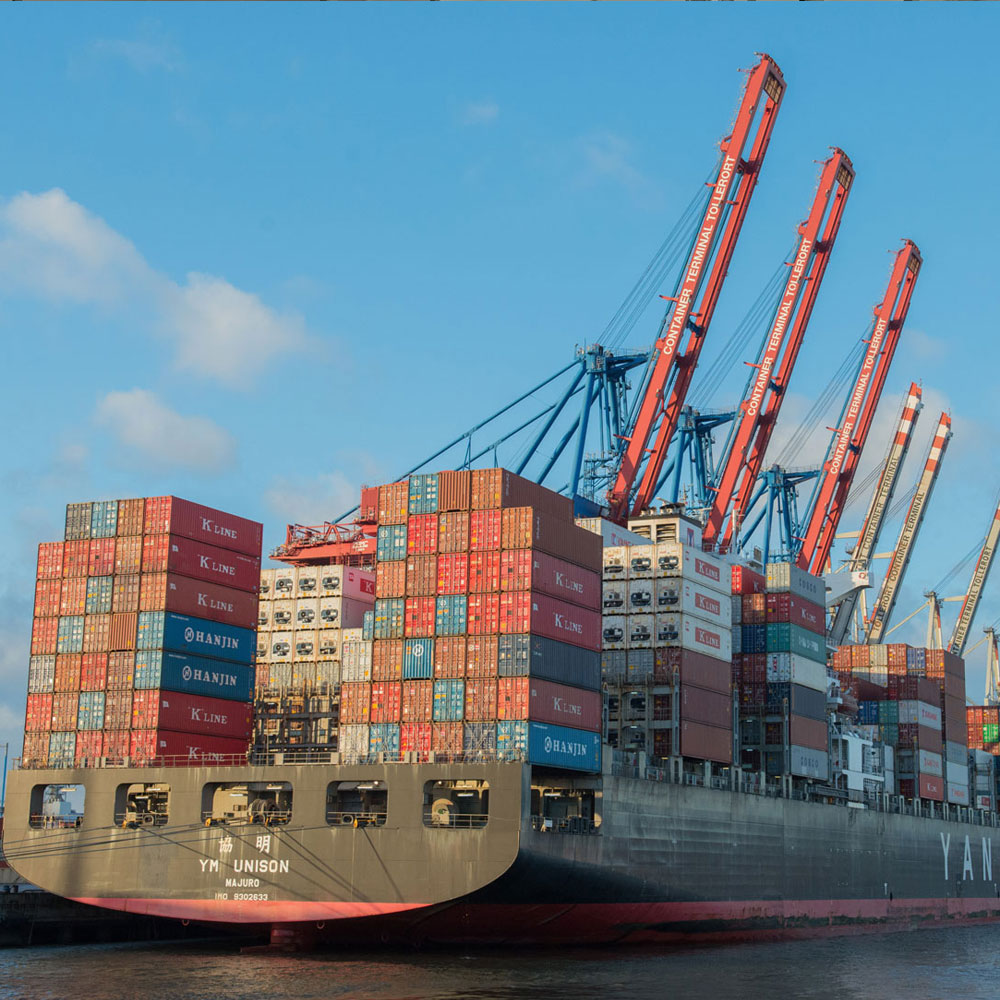
Step 4- International Shipping
Including customs declaration, international transportation, customs clearance, local distribution, etc.
Shipping time is related to the shipping method; by sea is about 30 days, and Express and Air freight are about 10~15 days.
Why Choose YiLi
YiLi Necktie & Garment is a company that values customer satisfaction from the hometown of neckties in the world-Shengzhou. We always aim to produce and deliver quality Neckties that meet all your needs.
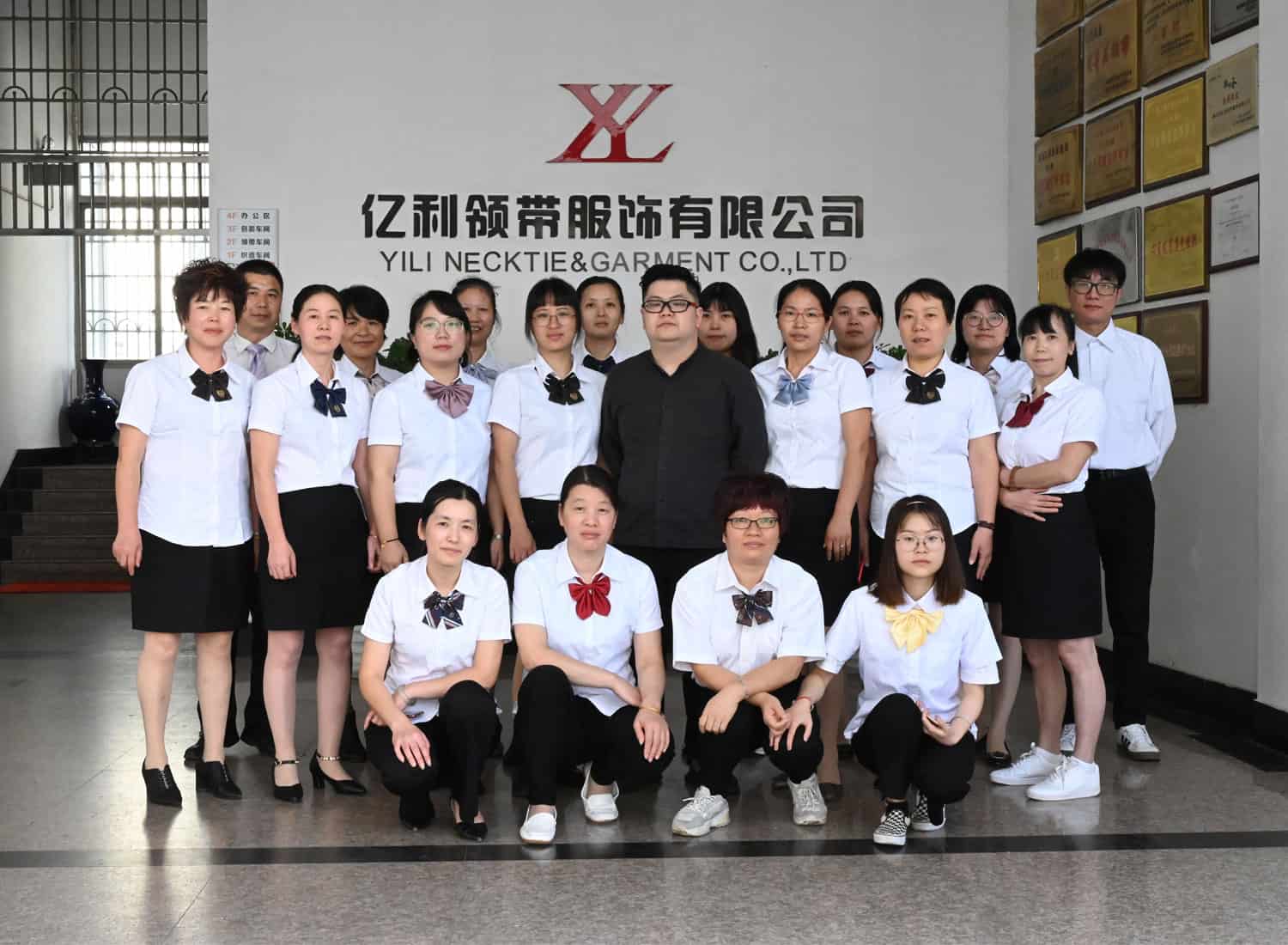
Hot products
According our clients feedback
YiLi not only produces ties. We also customize bow ties, pocket squares, women's silk scarves, jacquard fabrics, and other products that customers love. Here are some of our products that customers love:
Novel product design constantly brings us new customers, but the key to retaining customers is product quality. From the beginning of fabric production to the completion of cost, we have 7 inspection processes:





